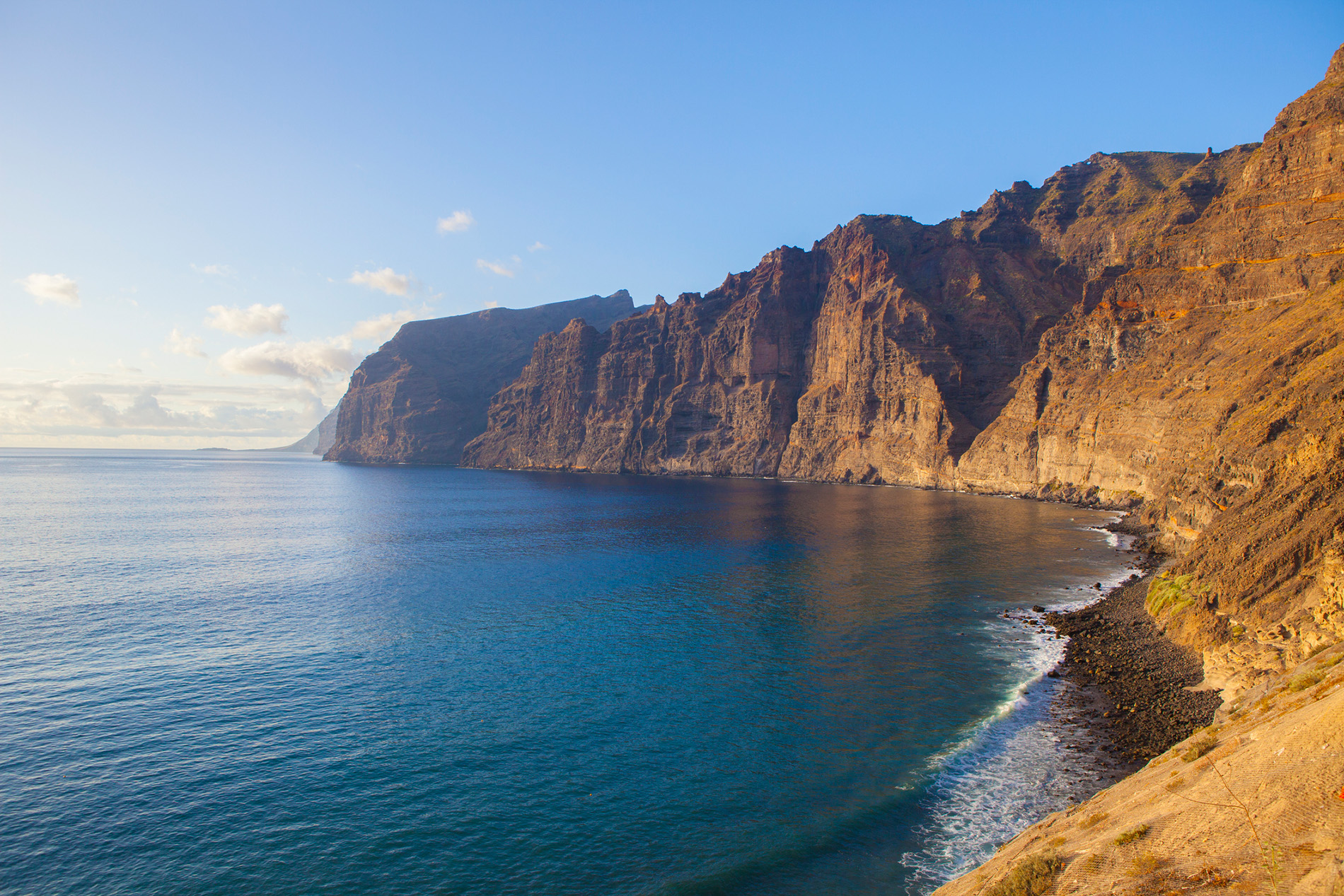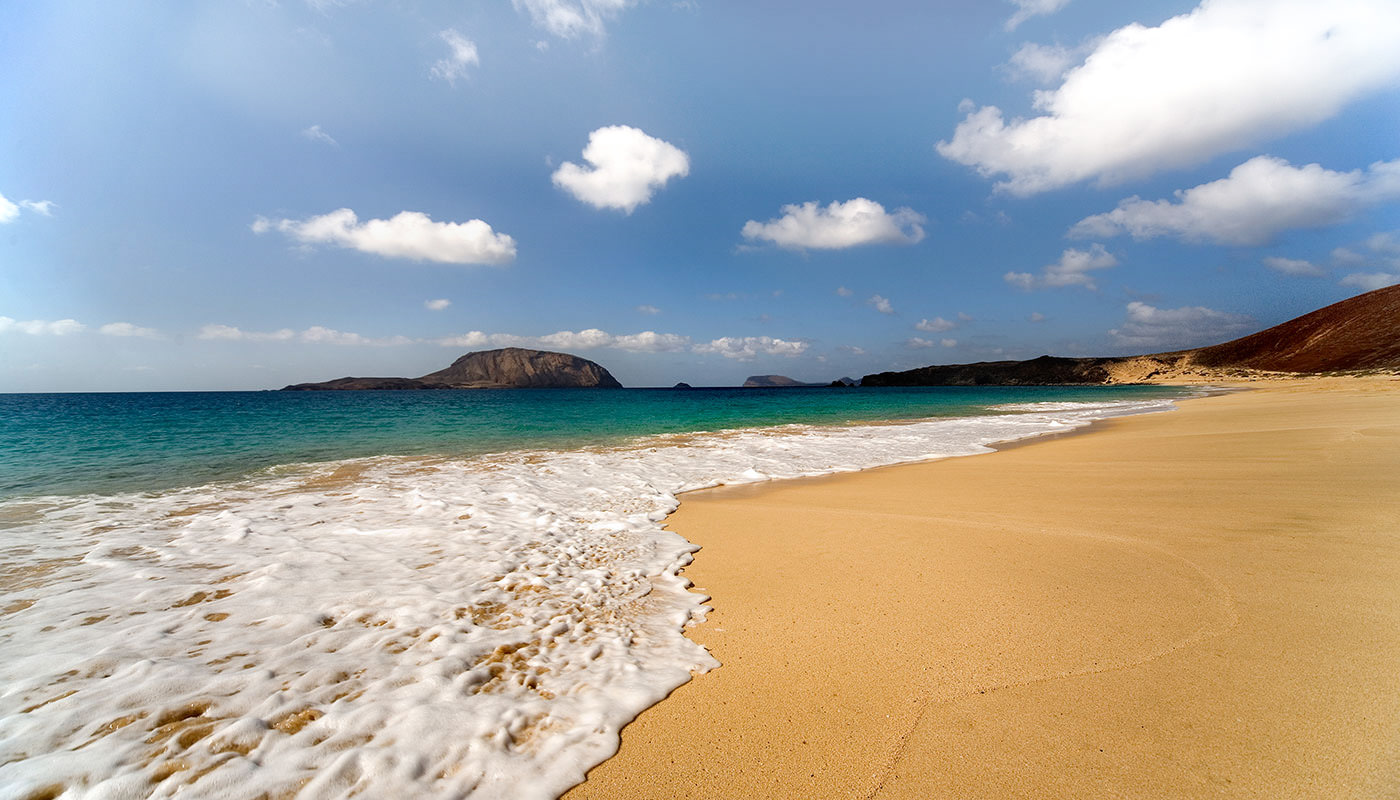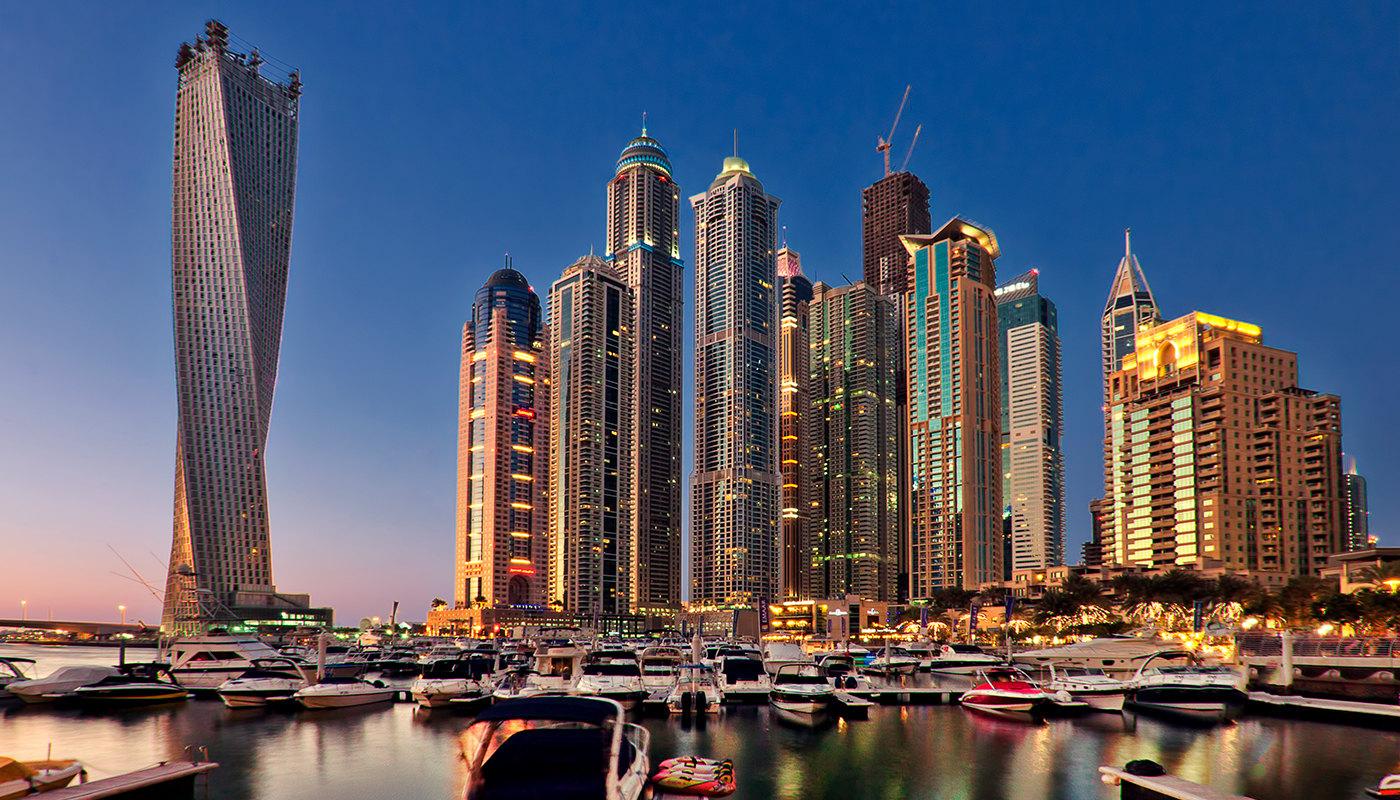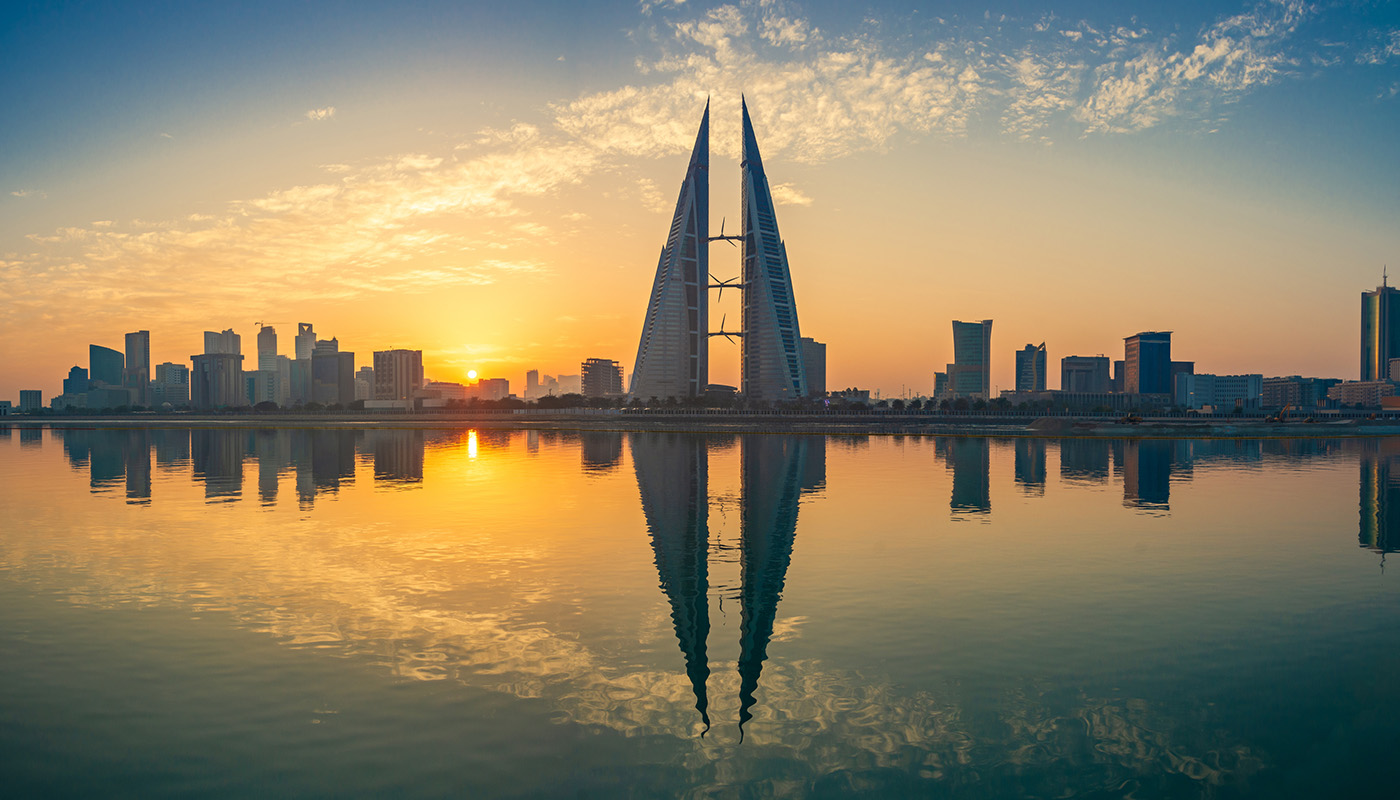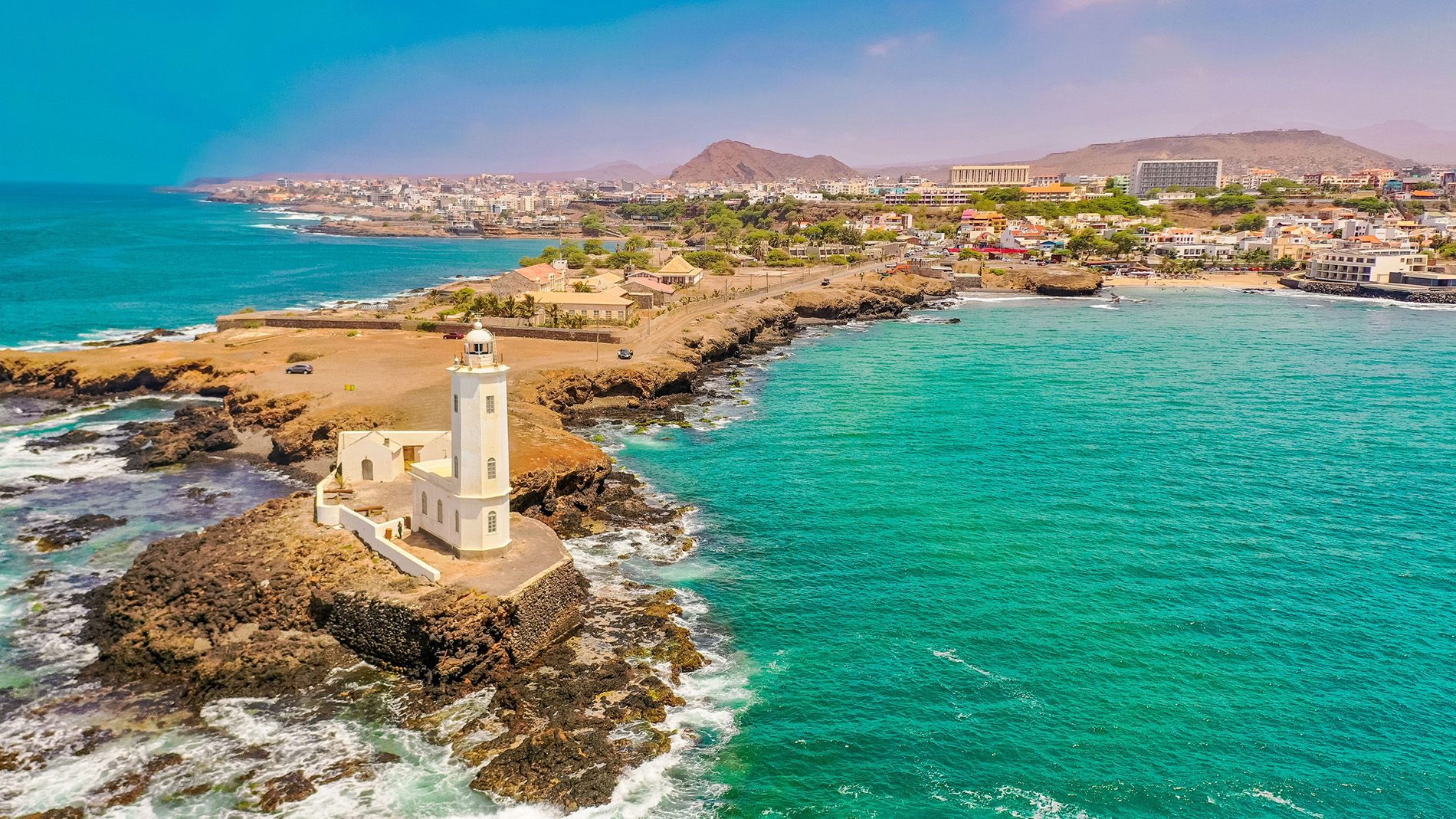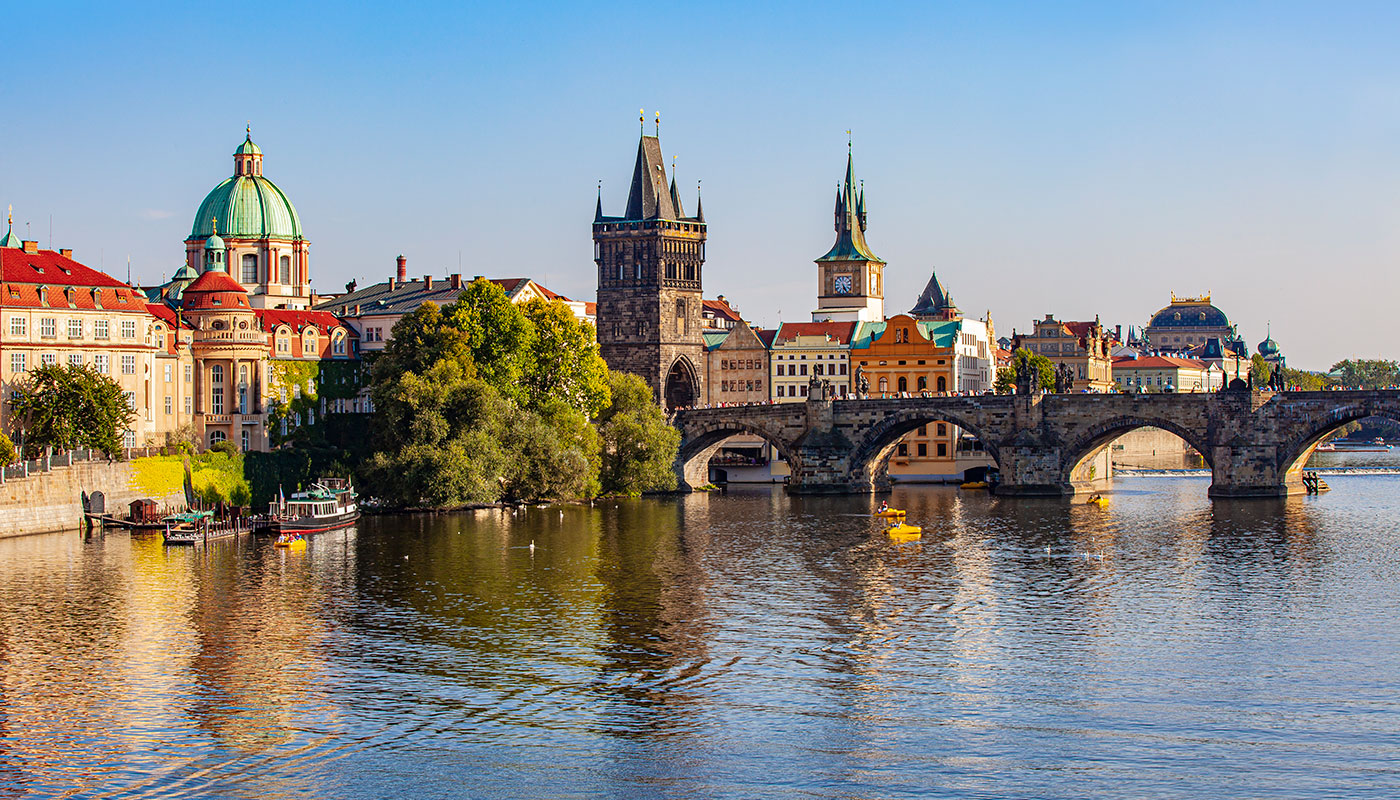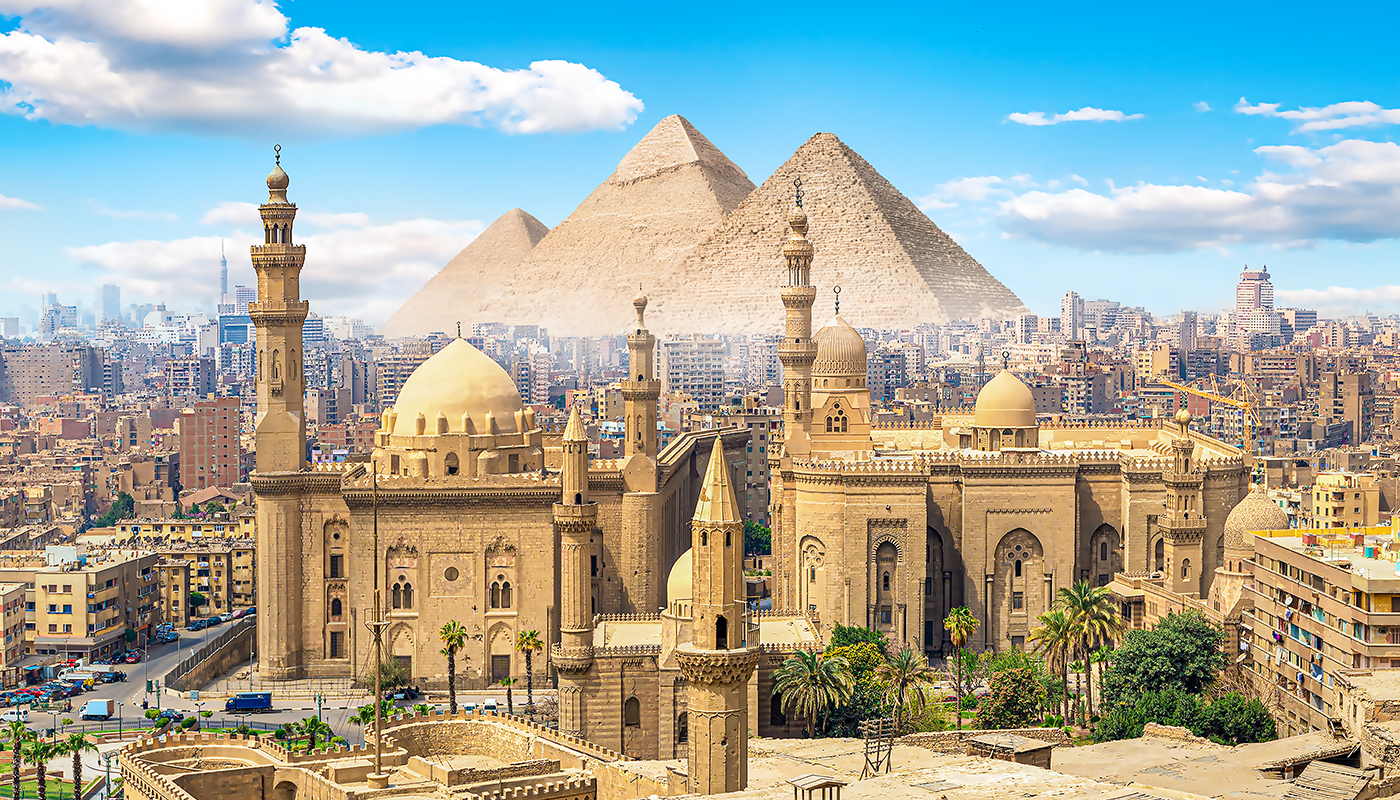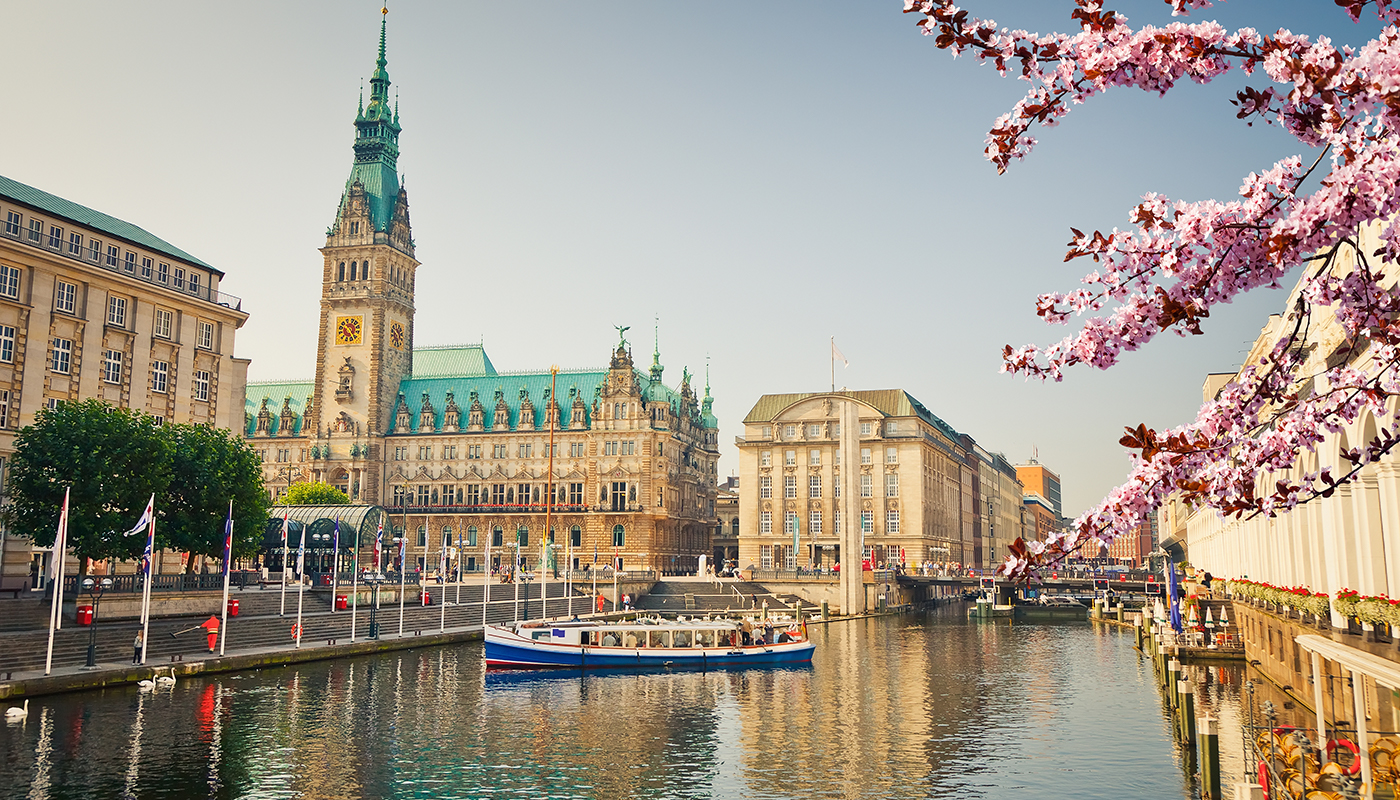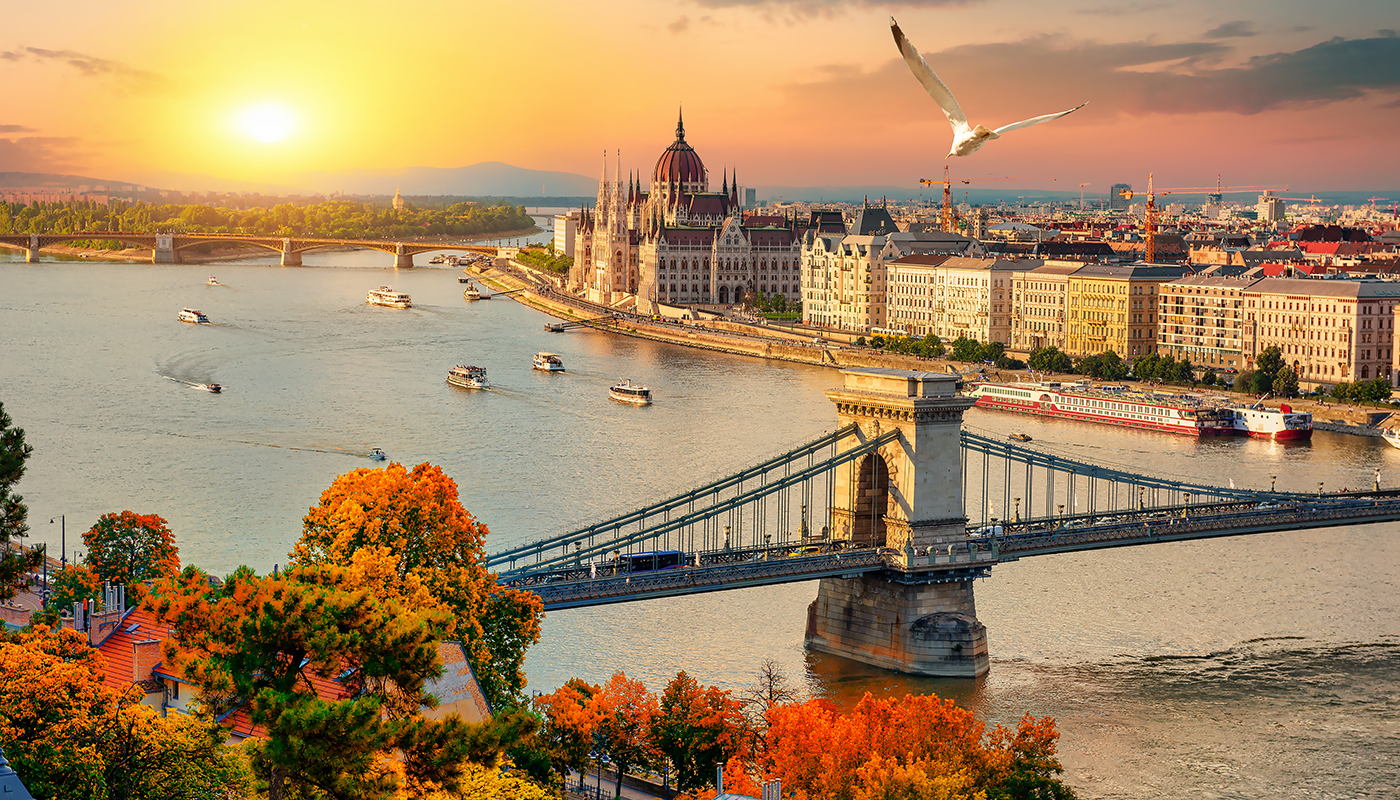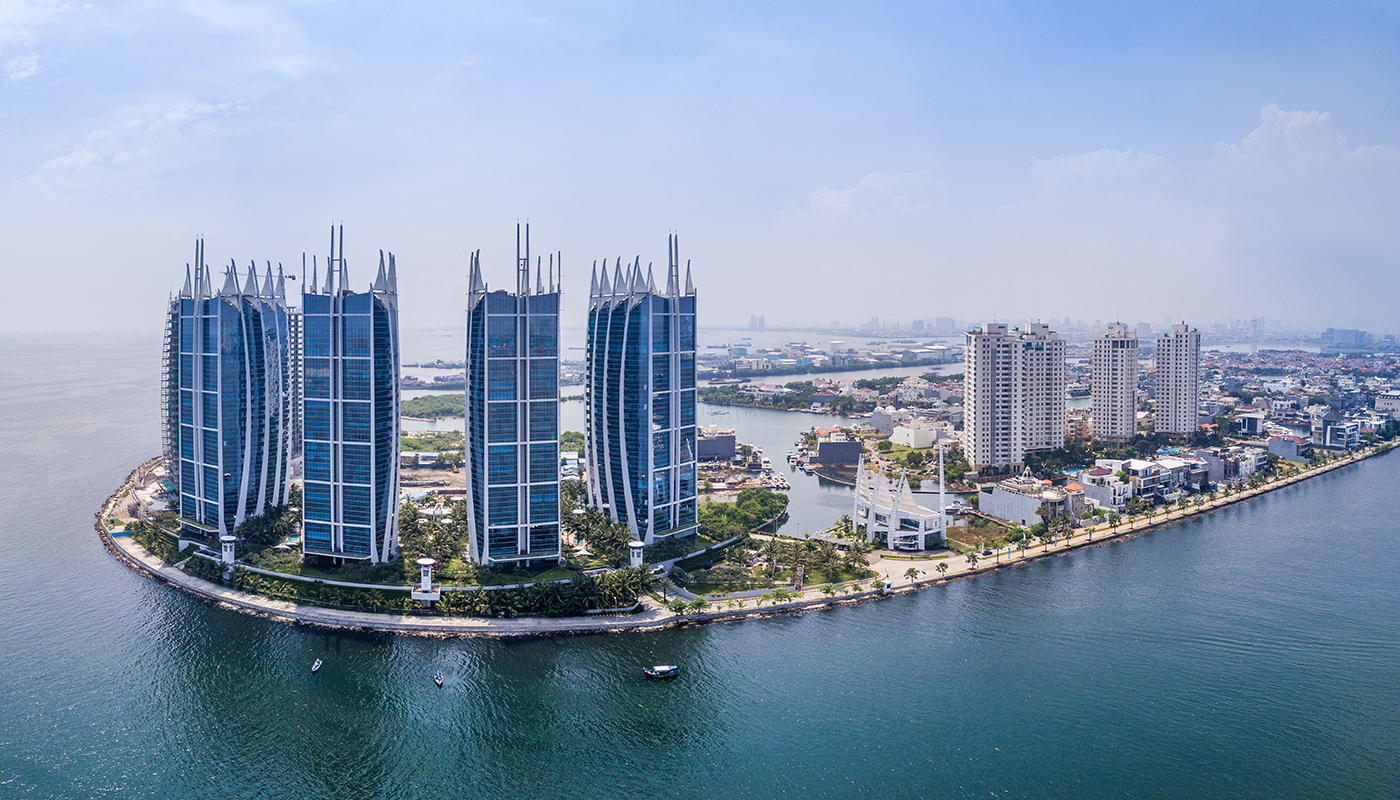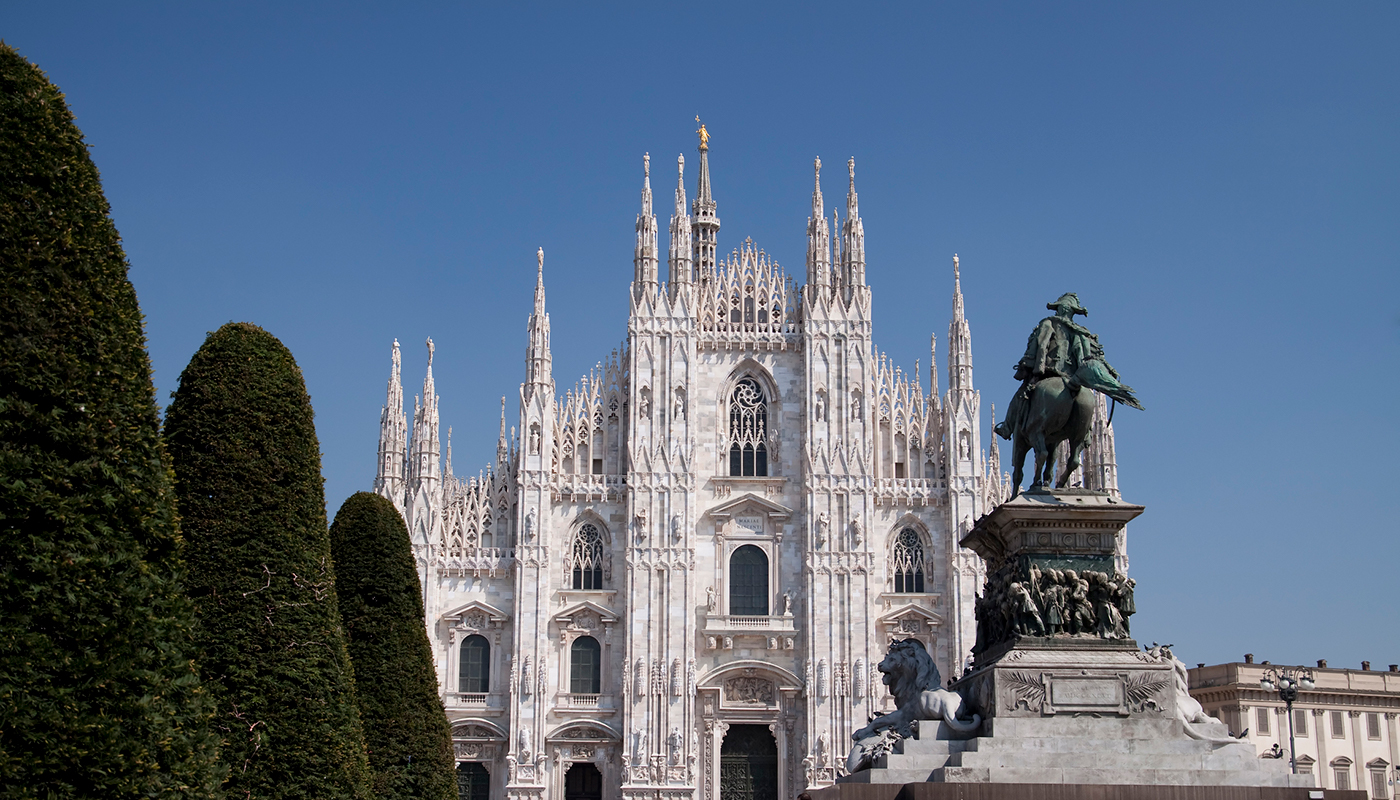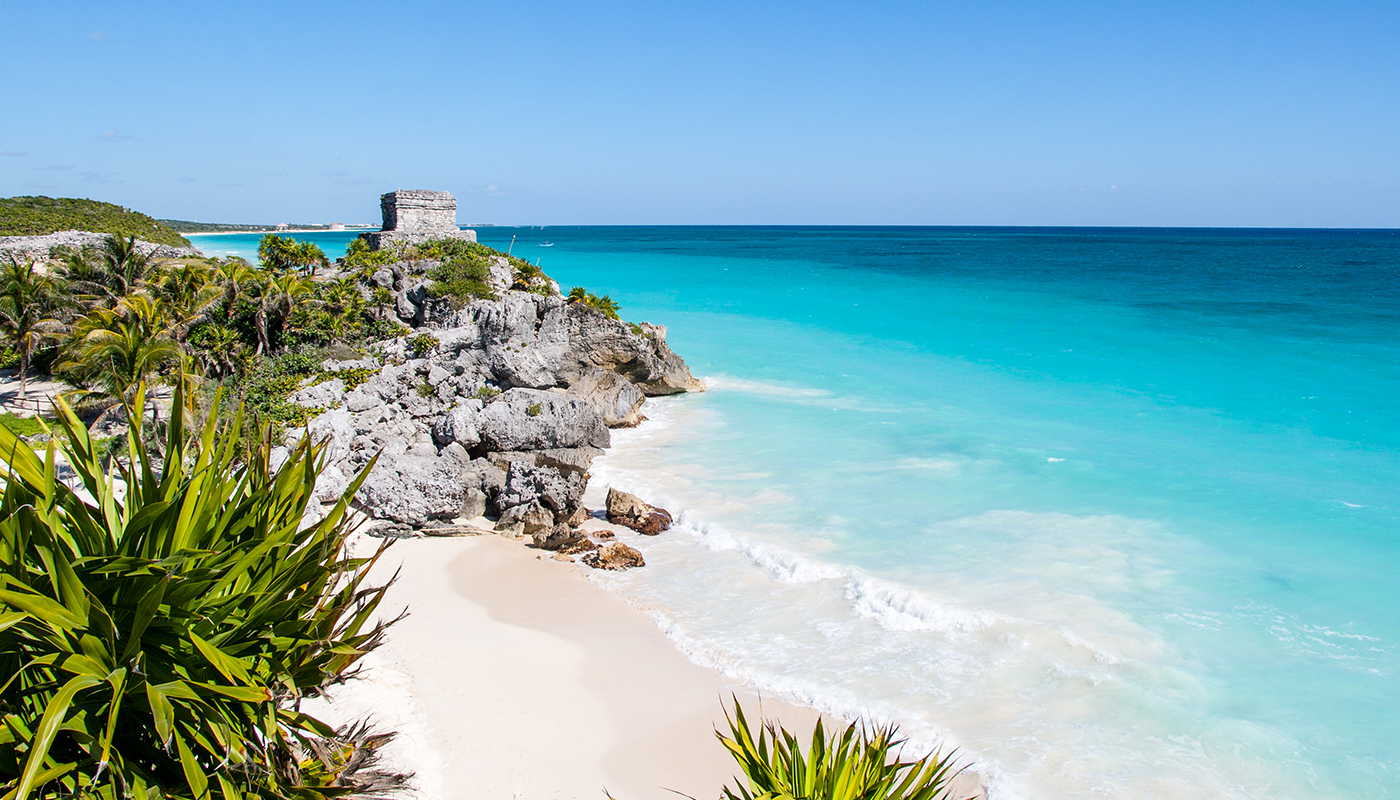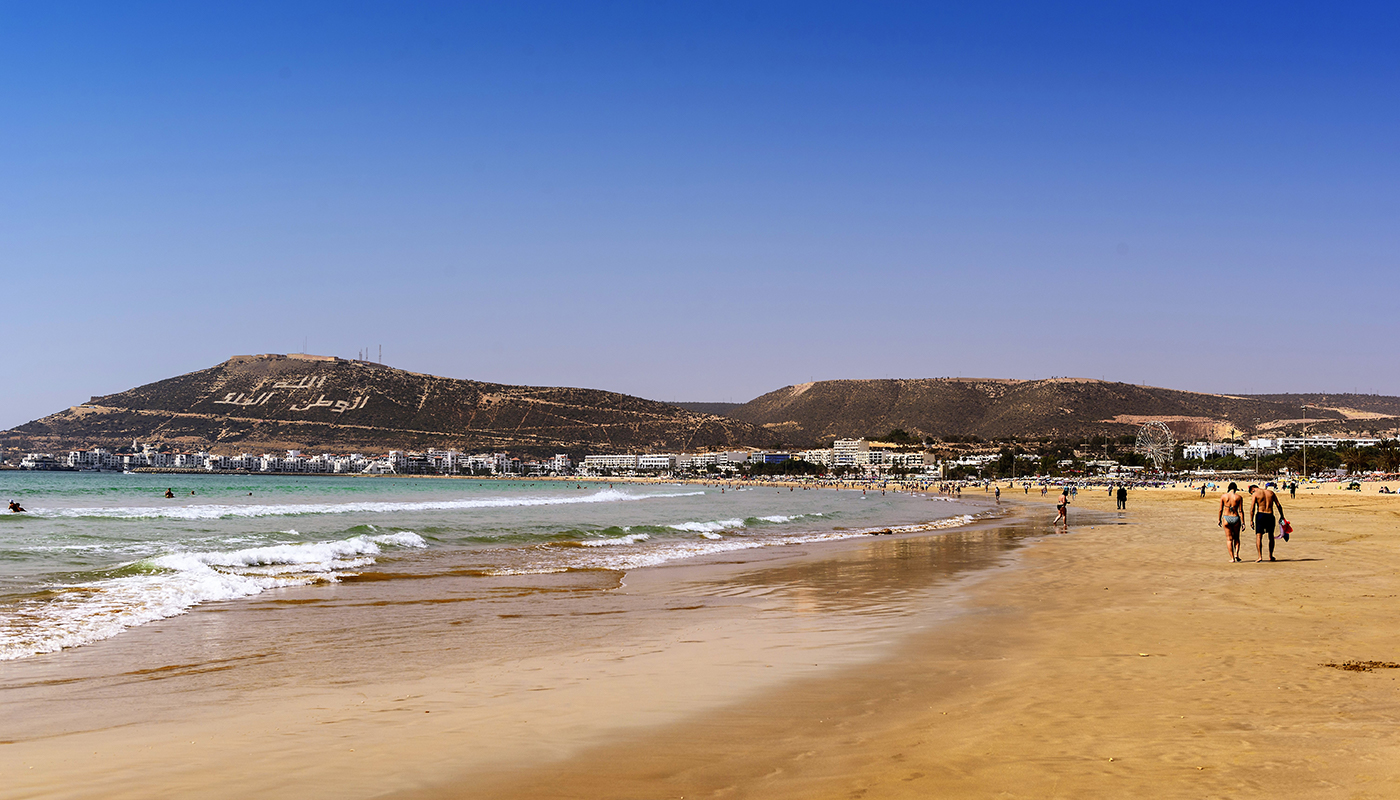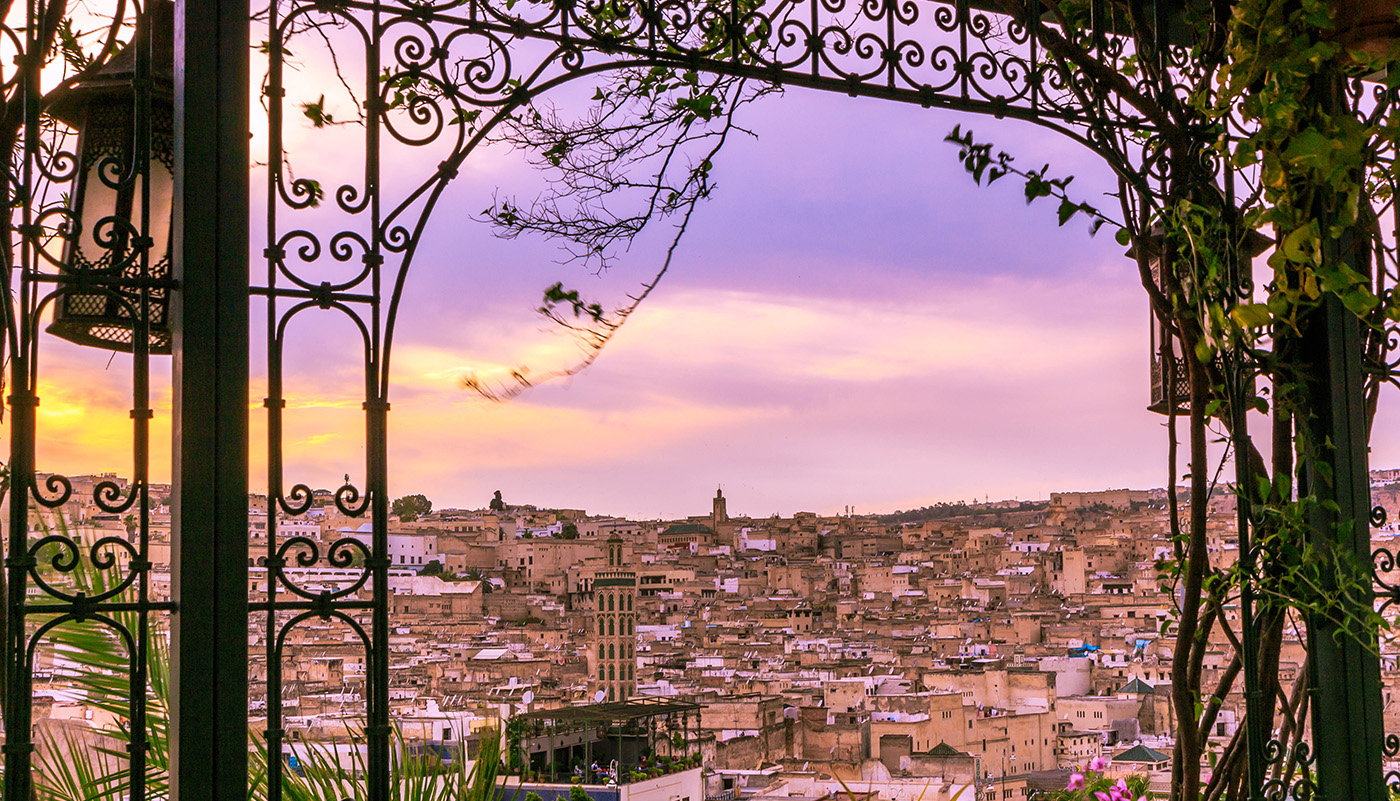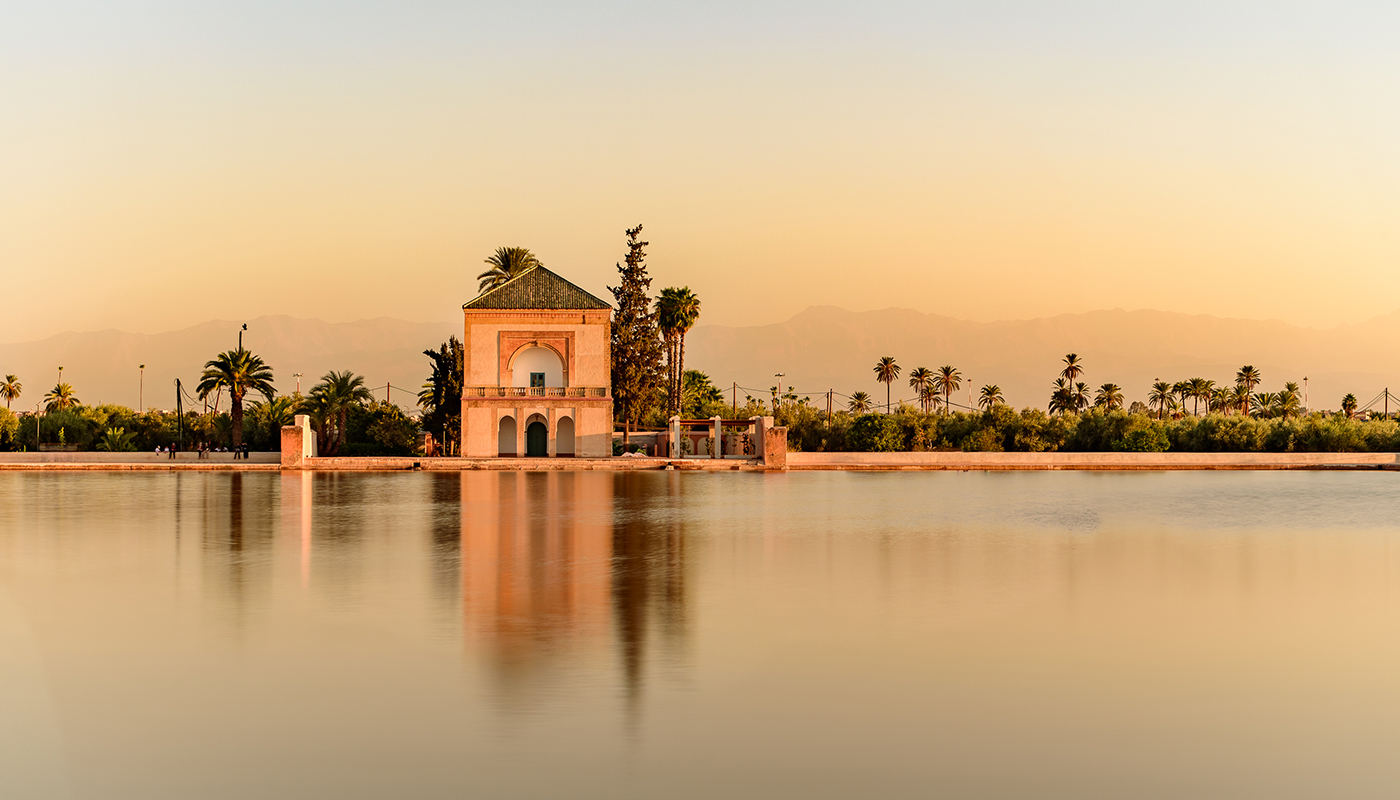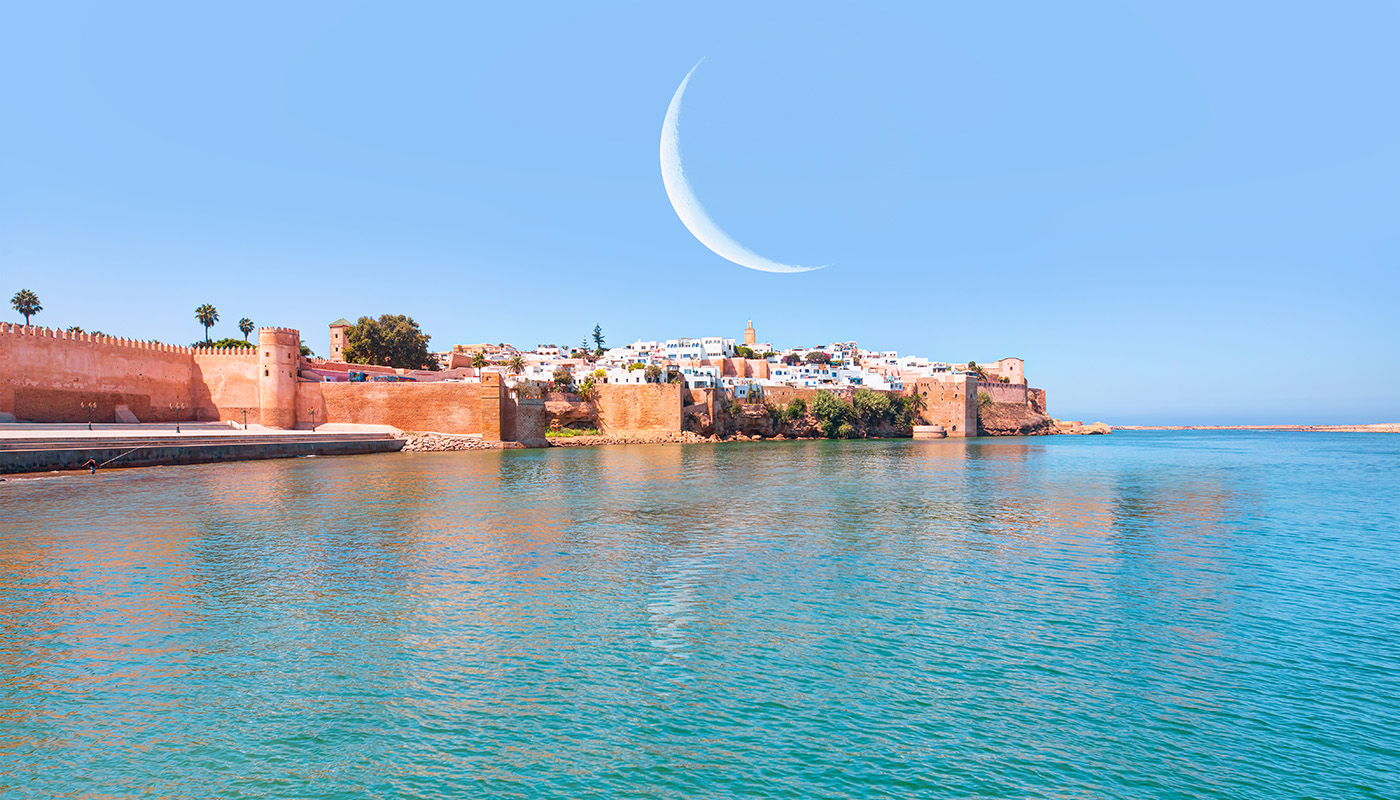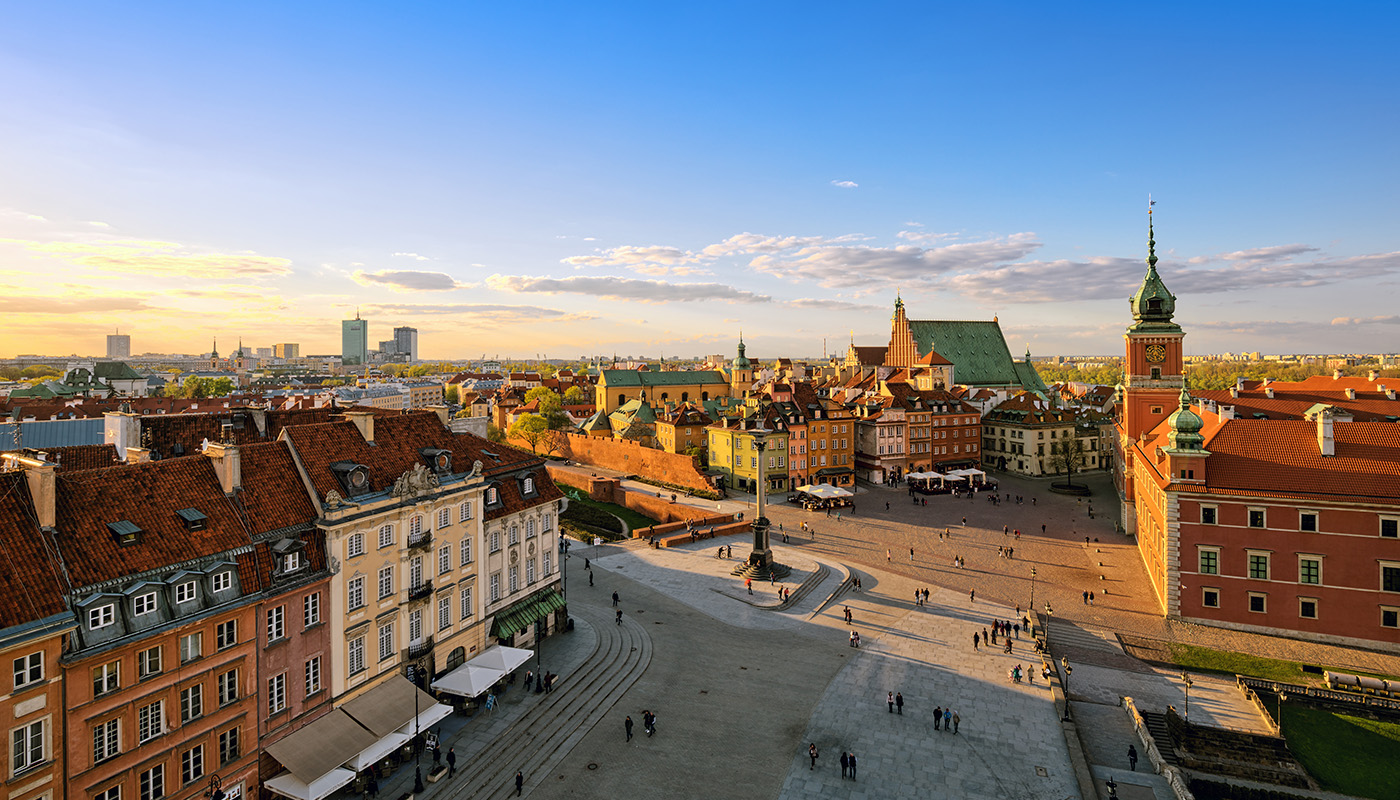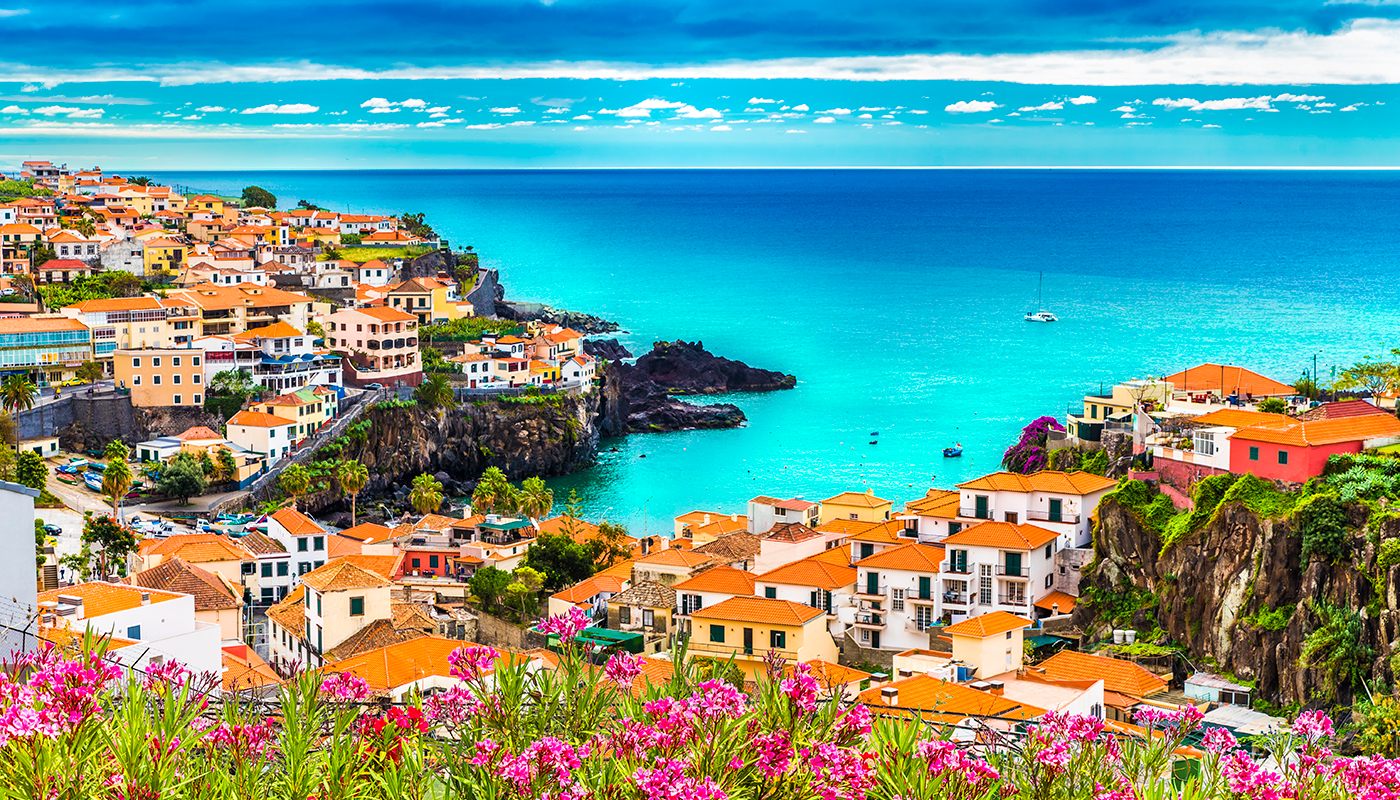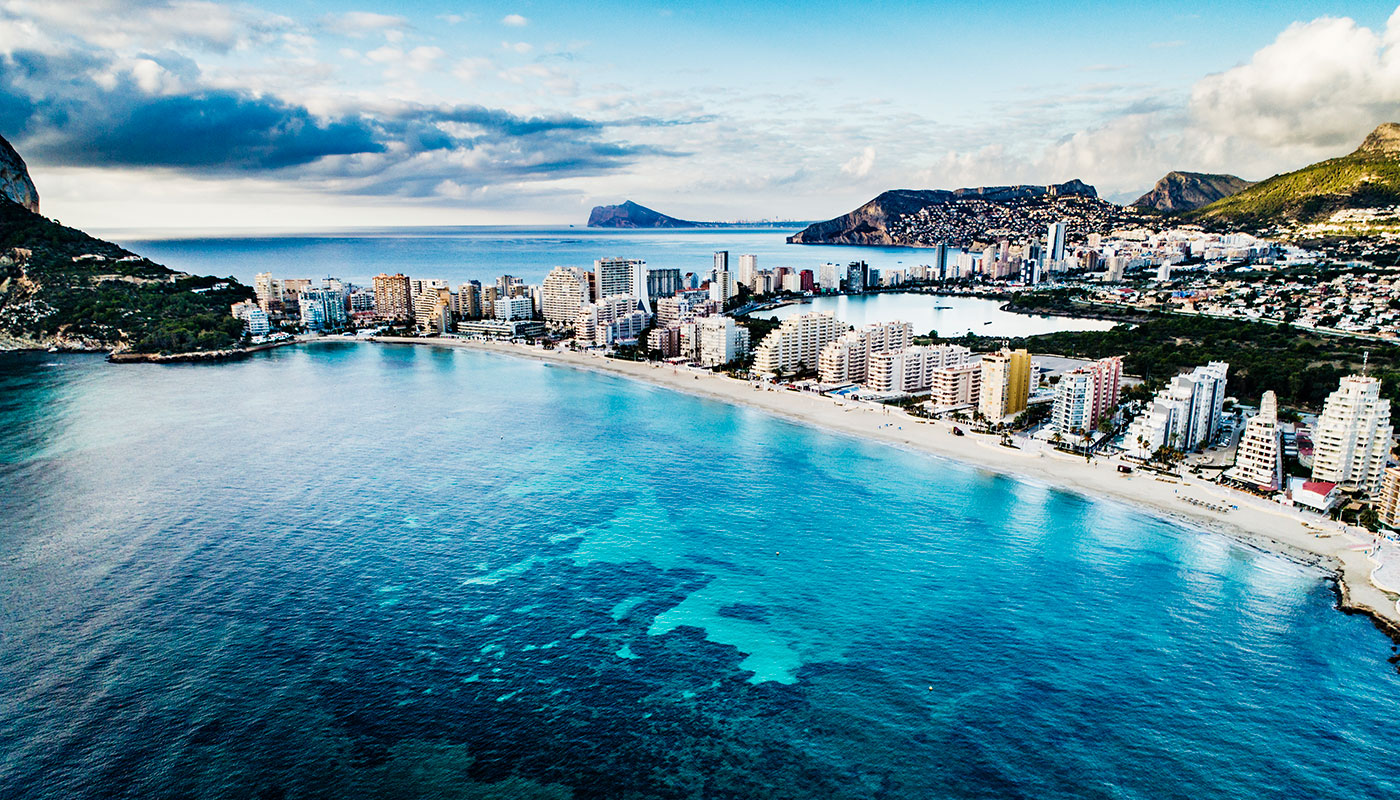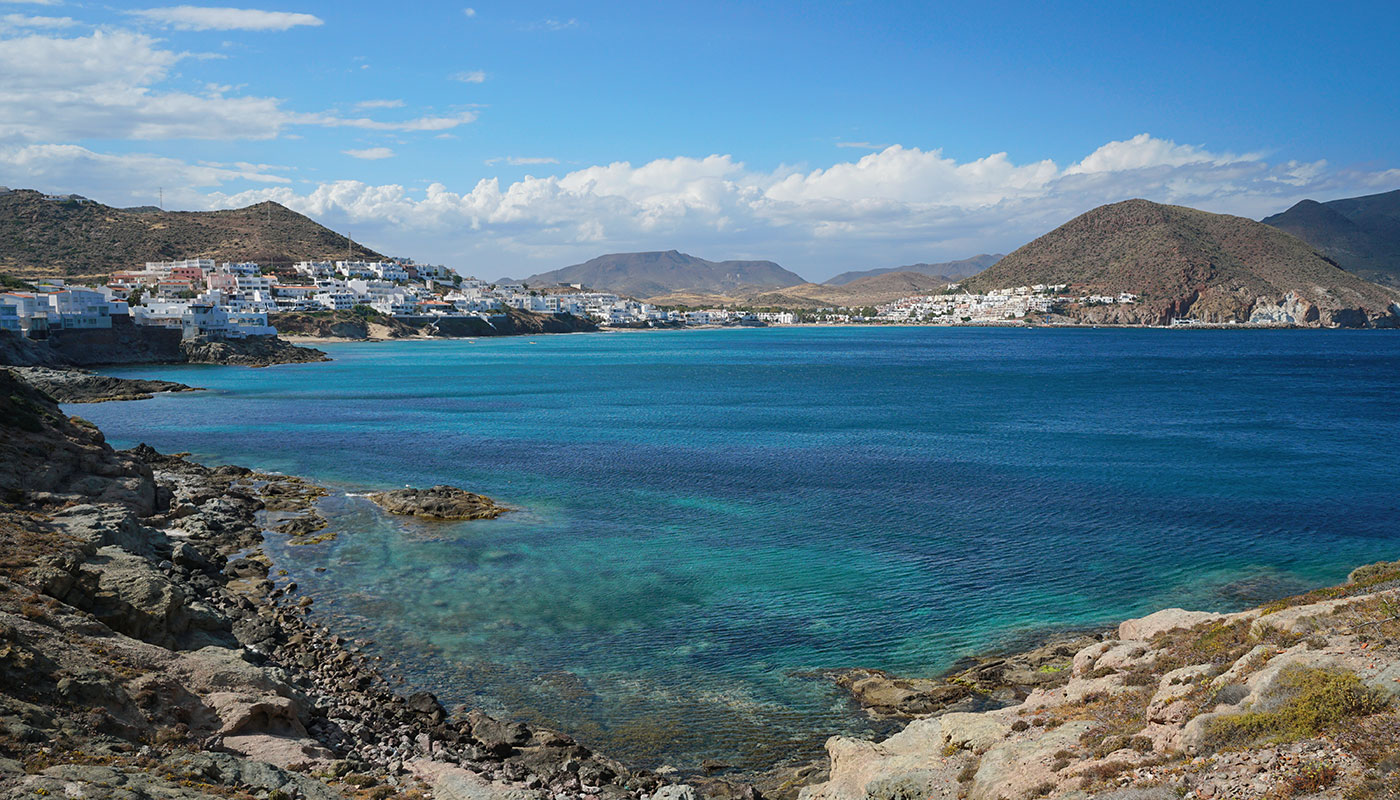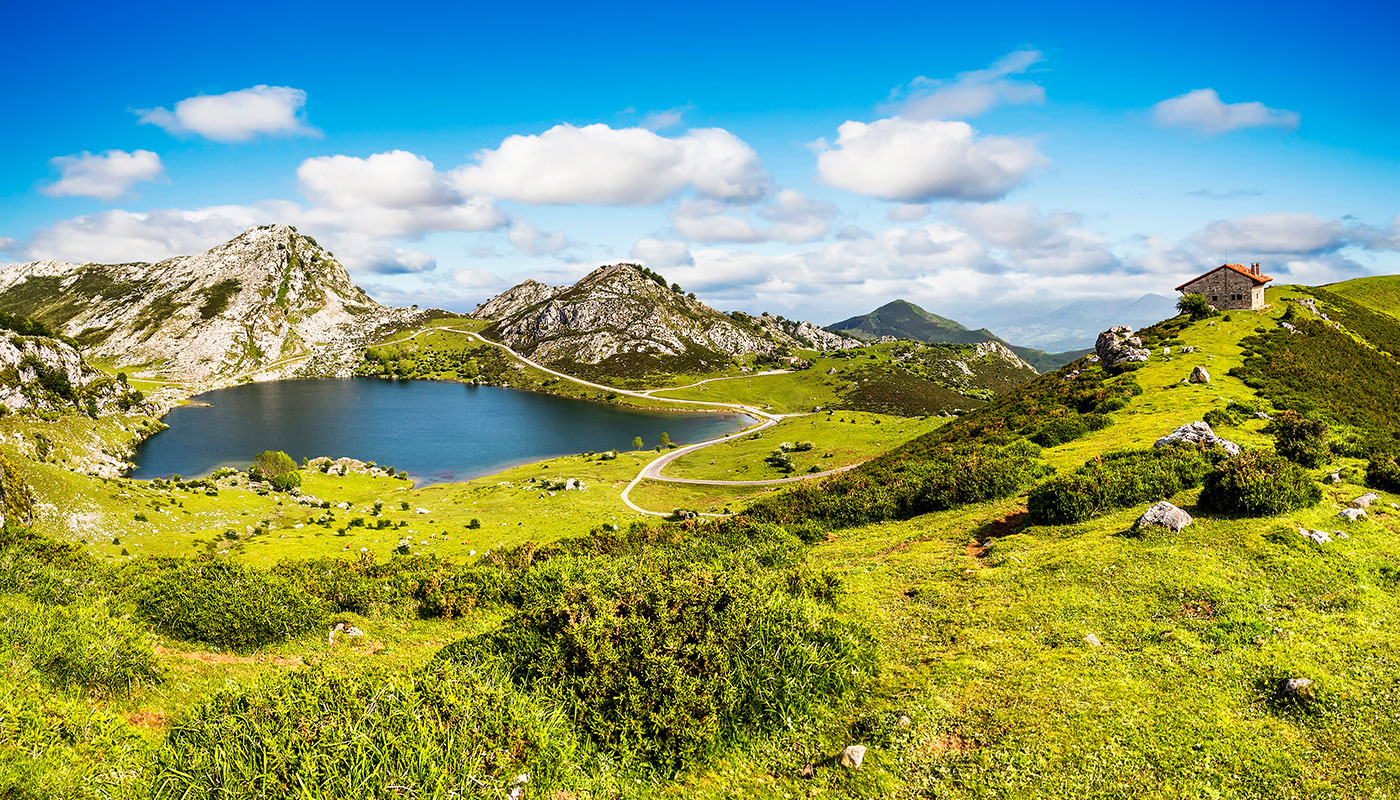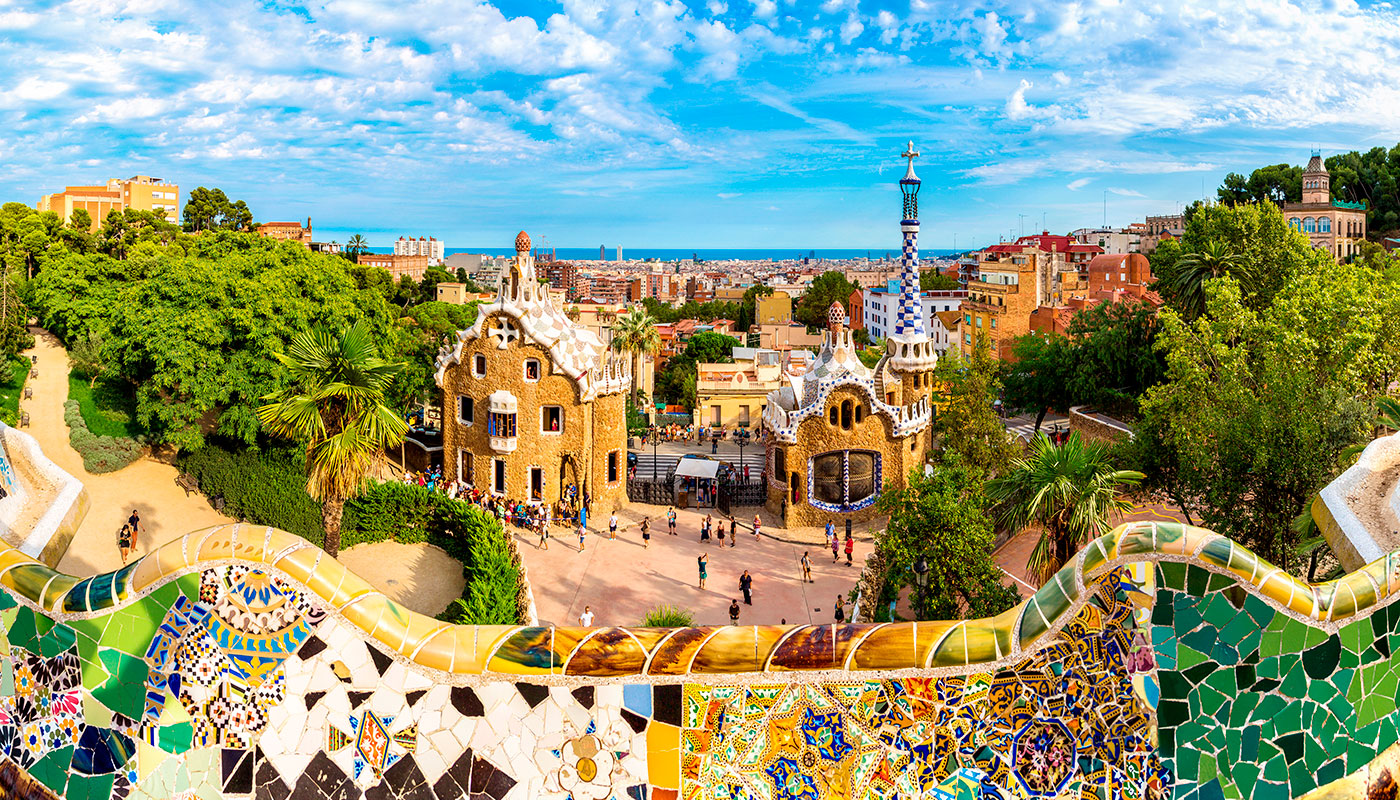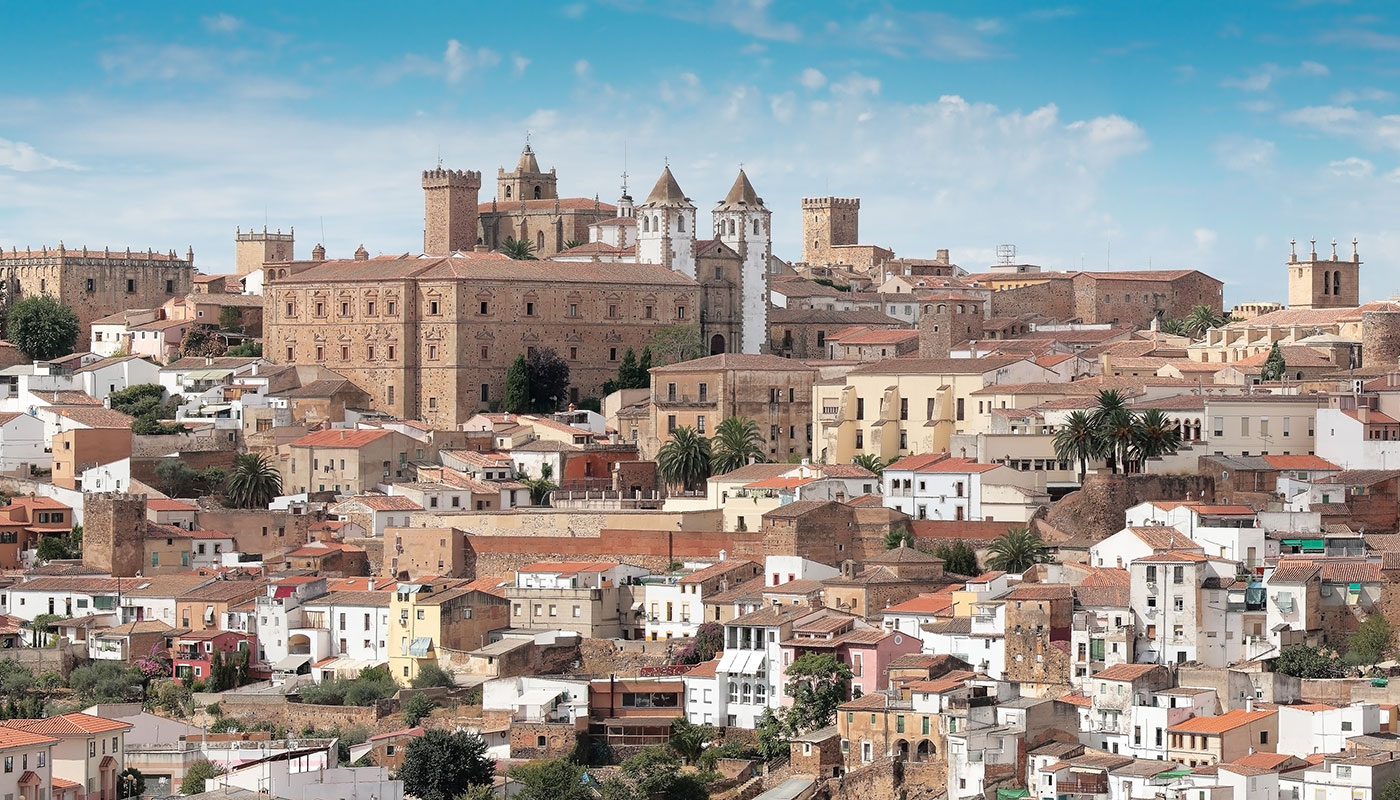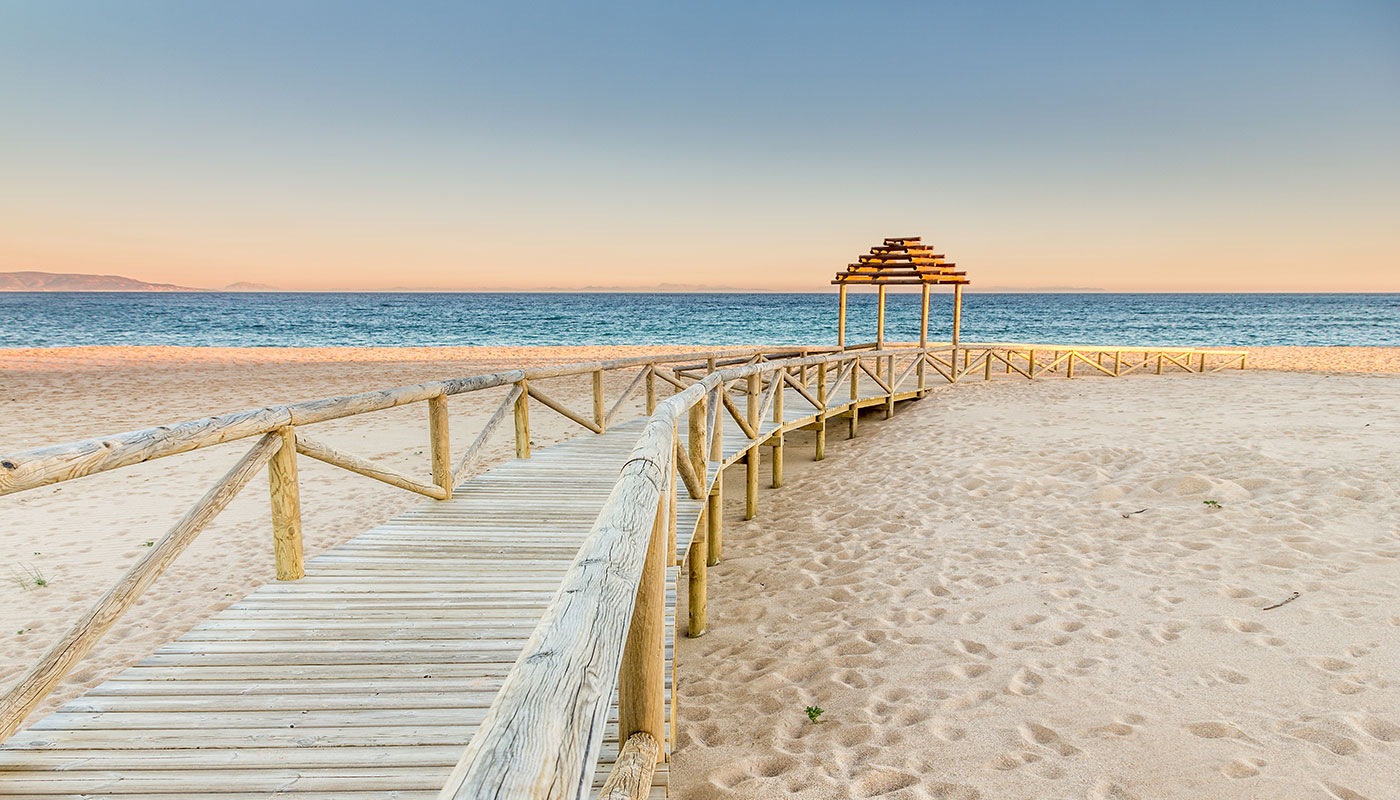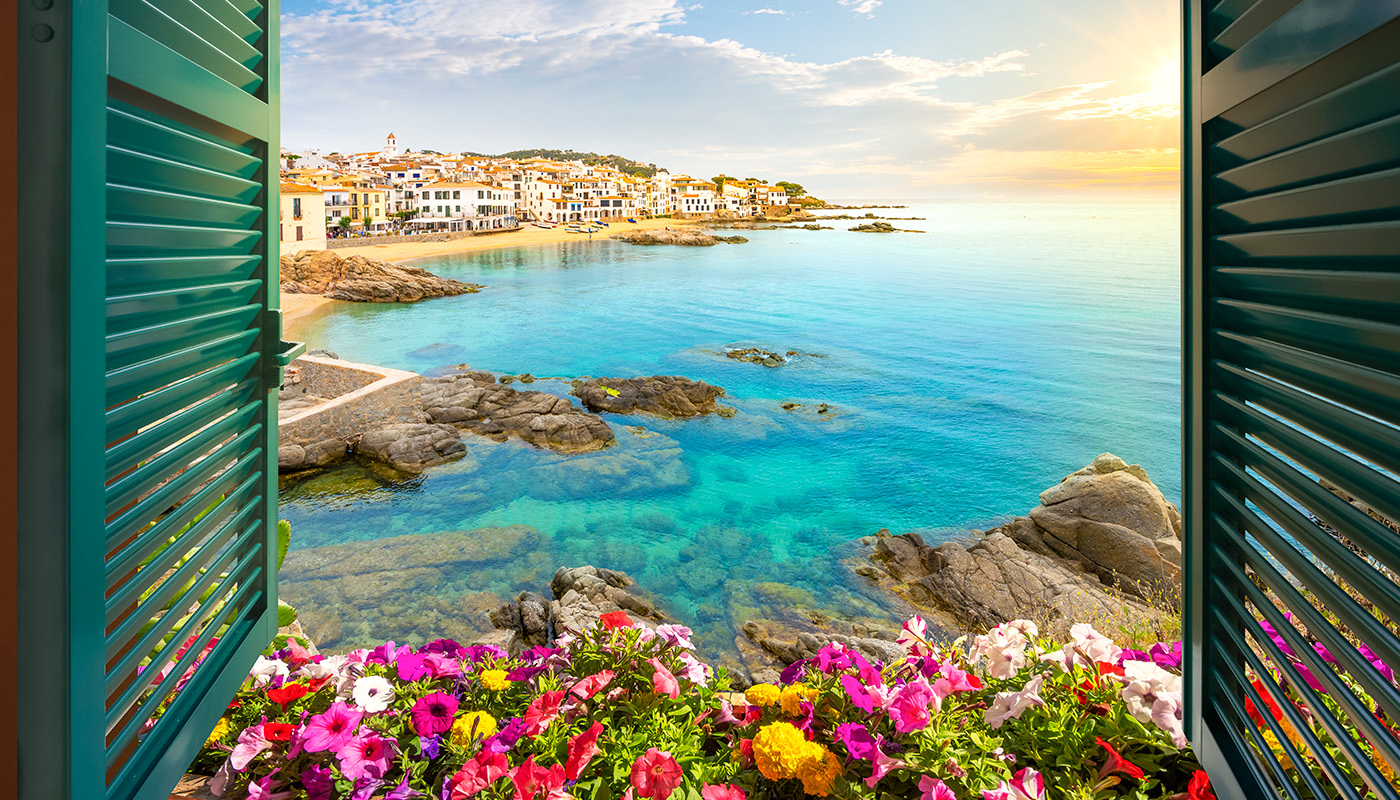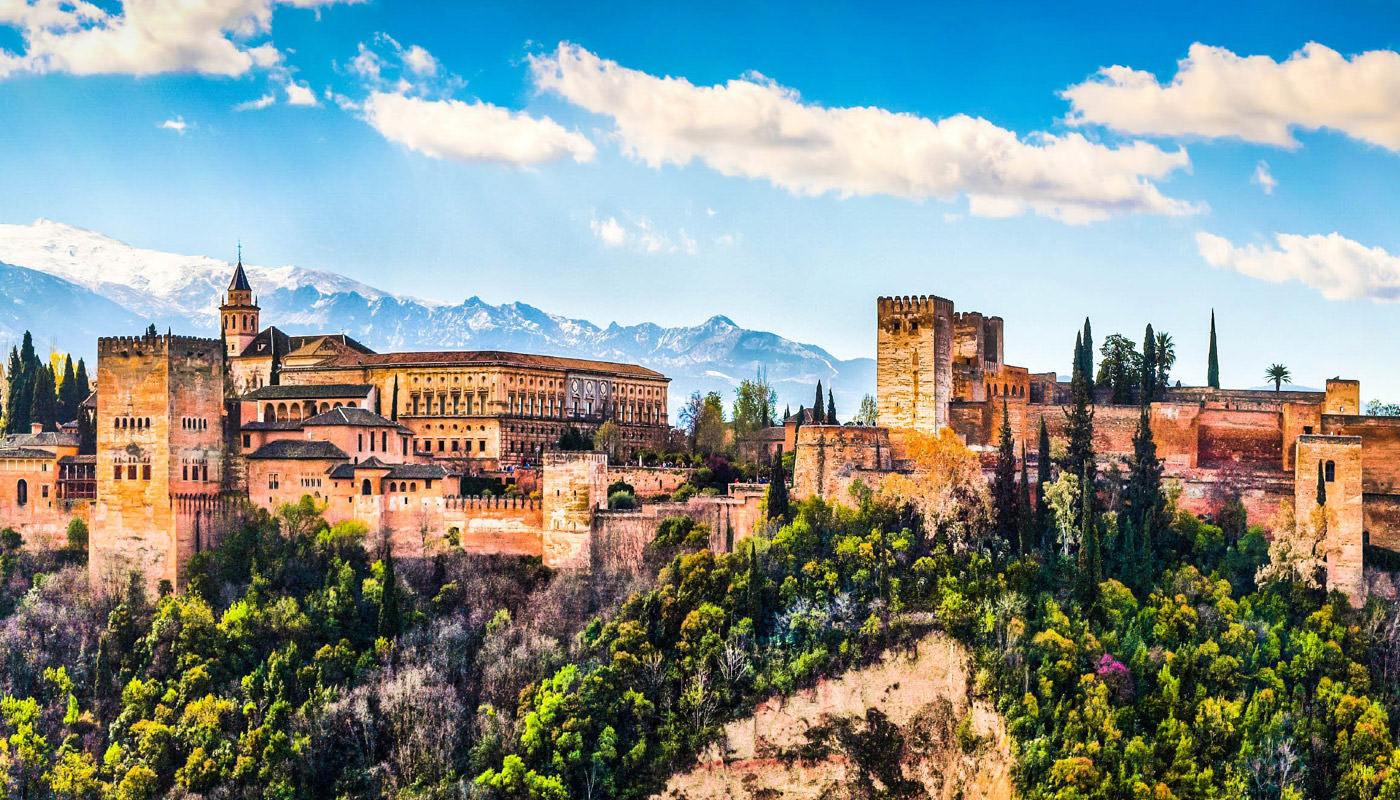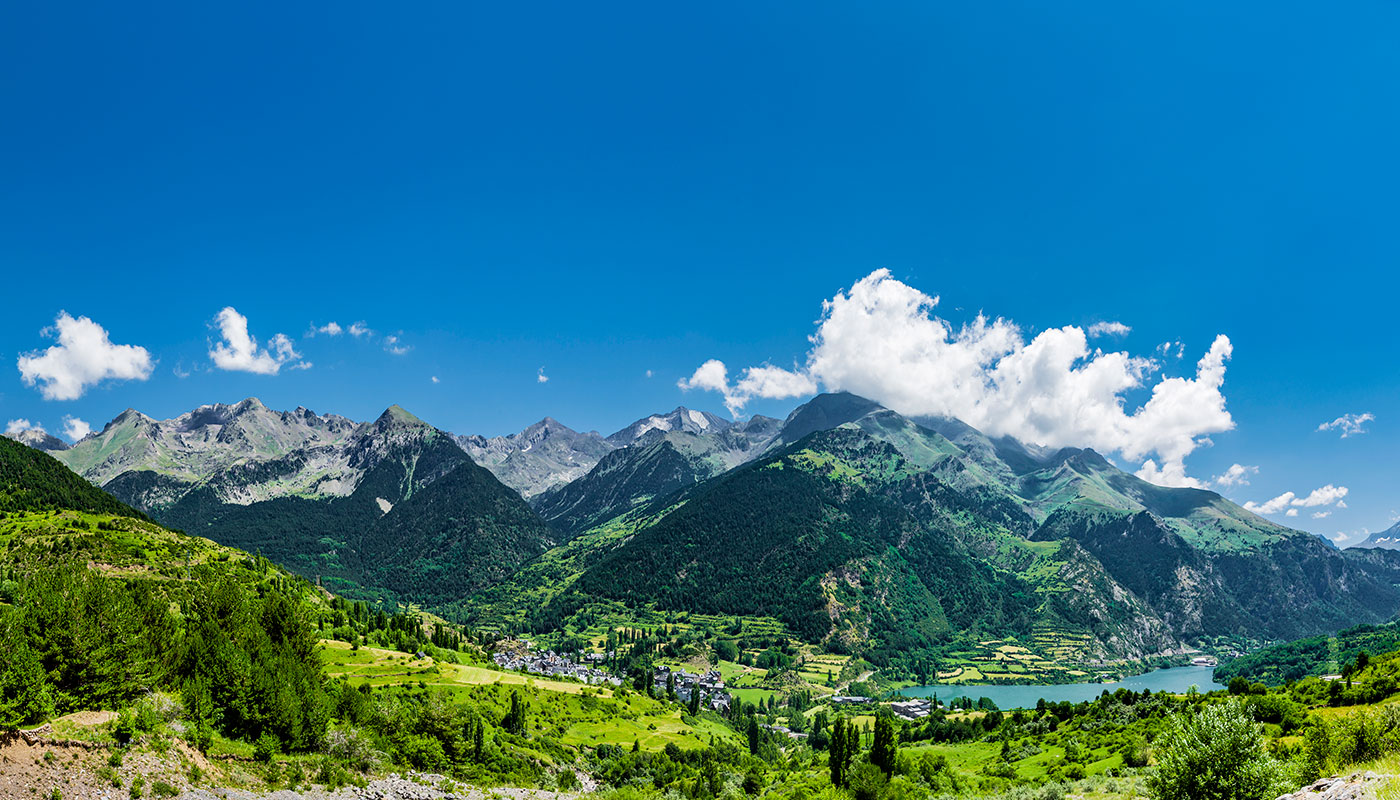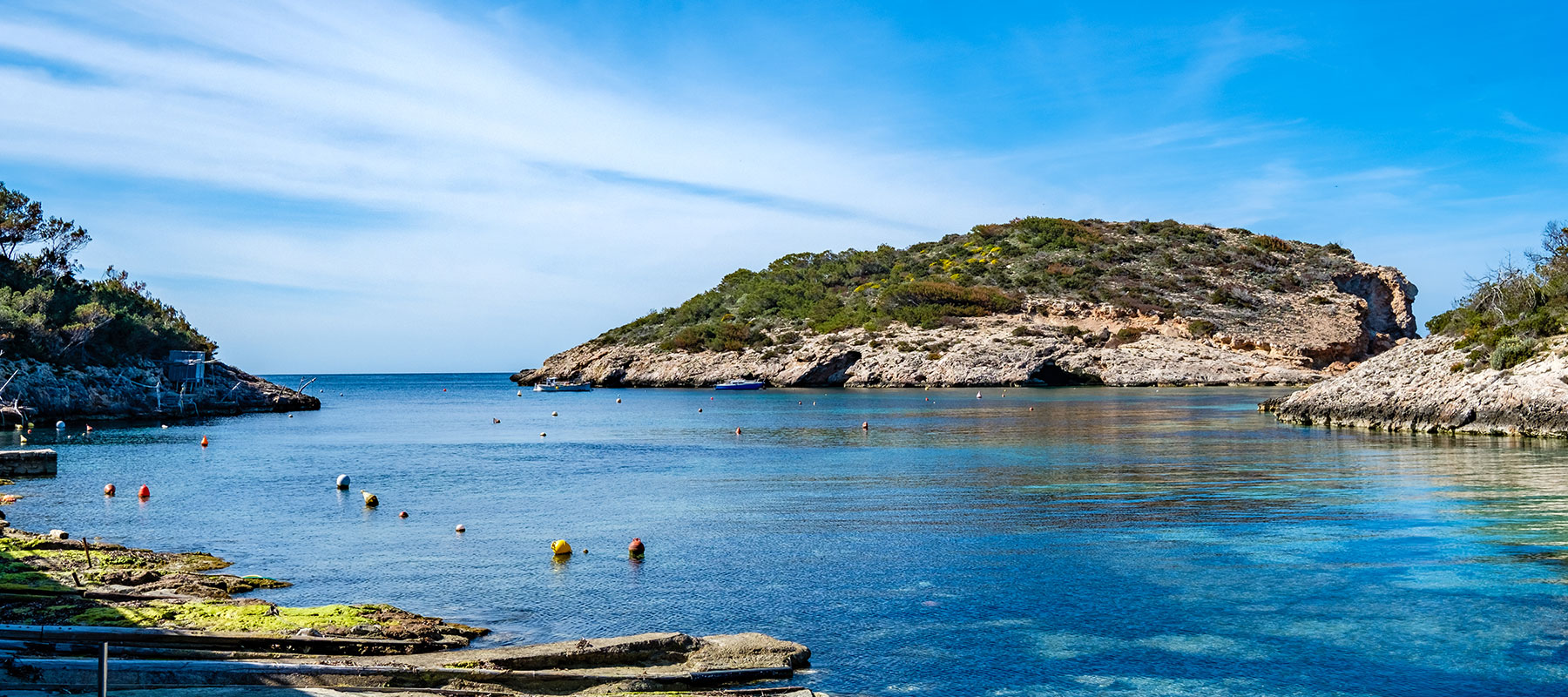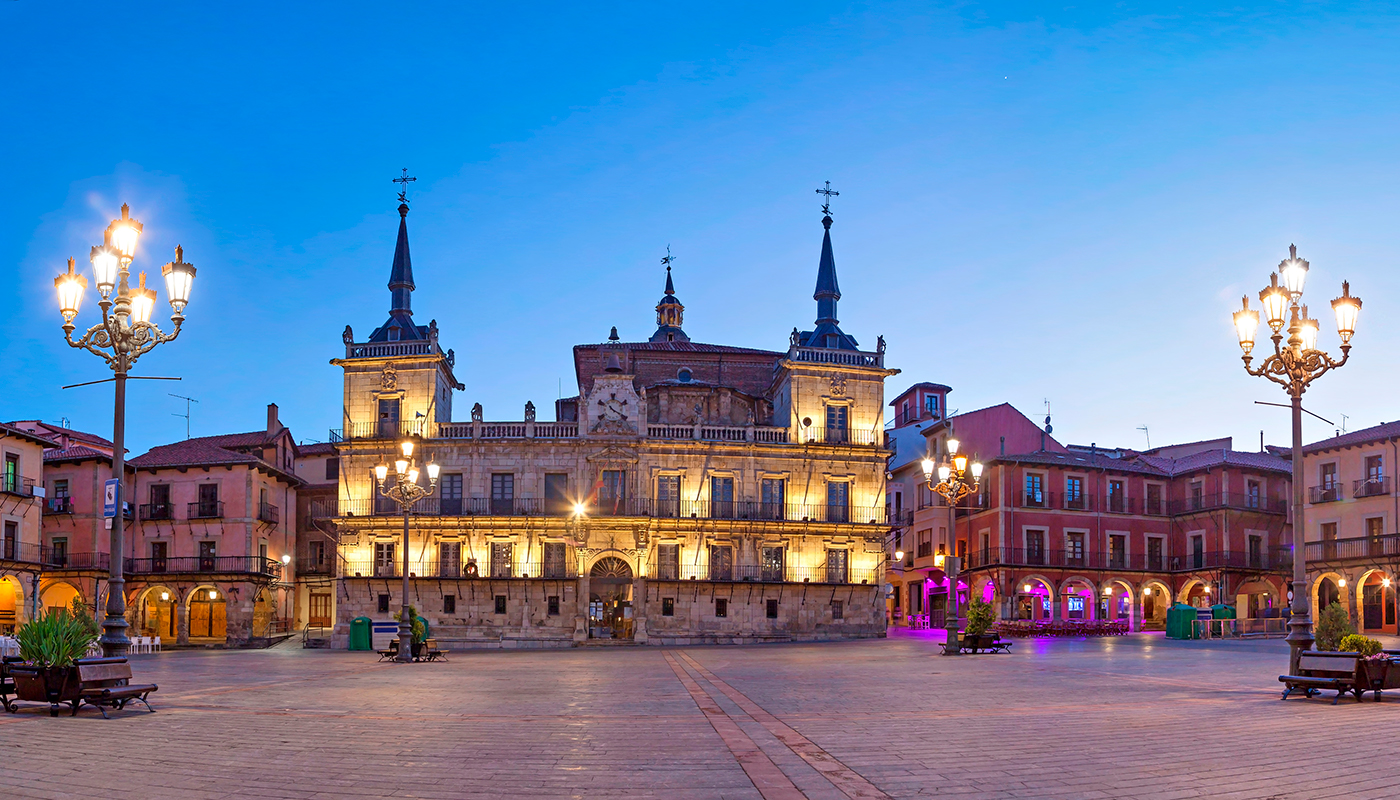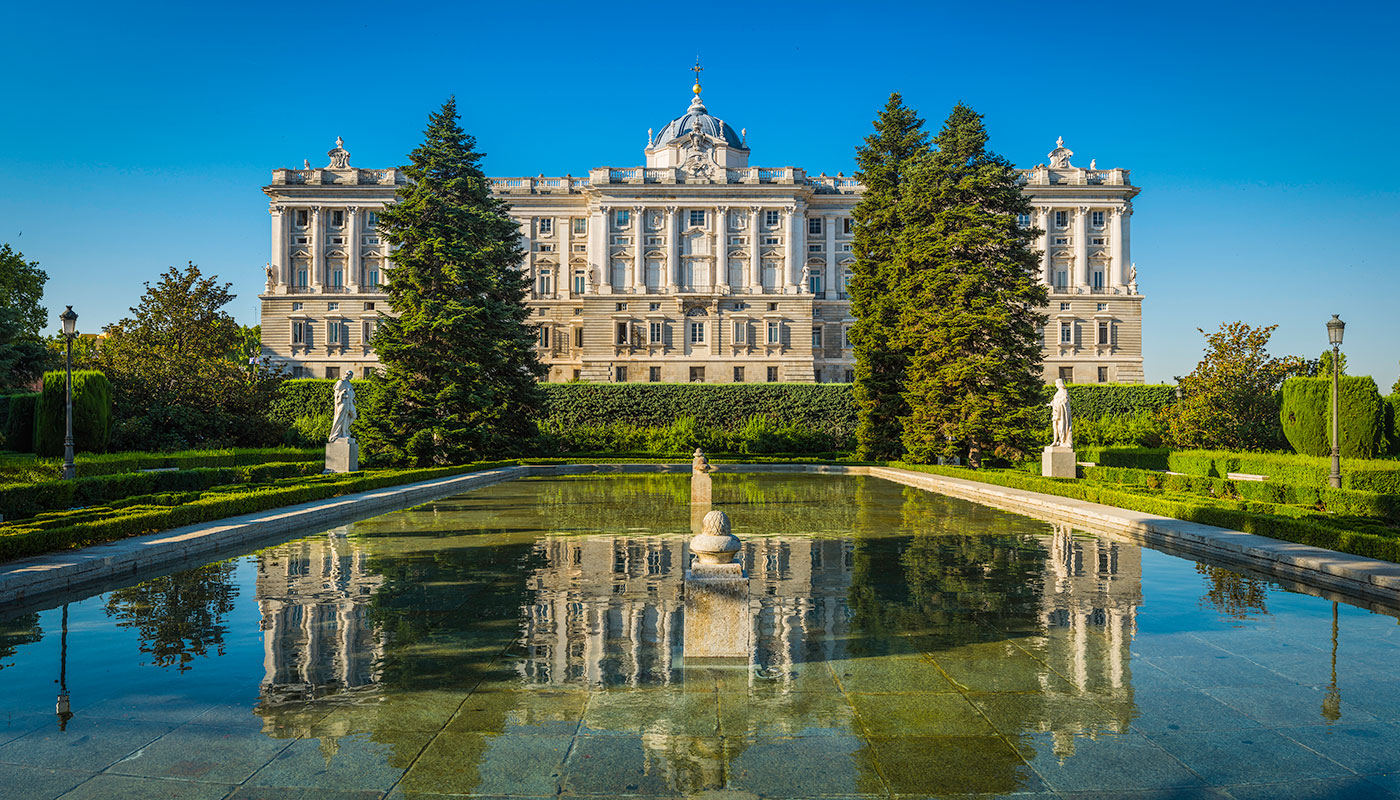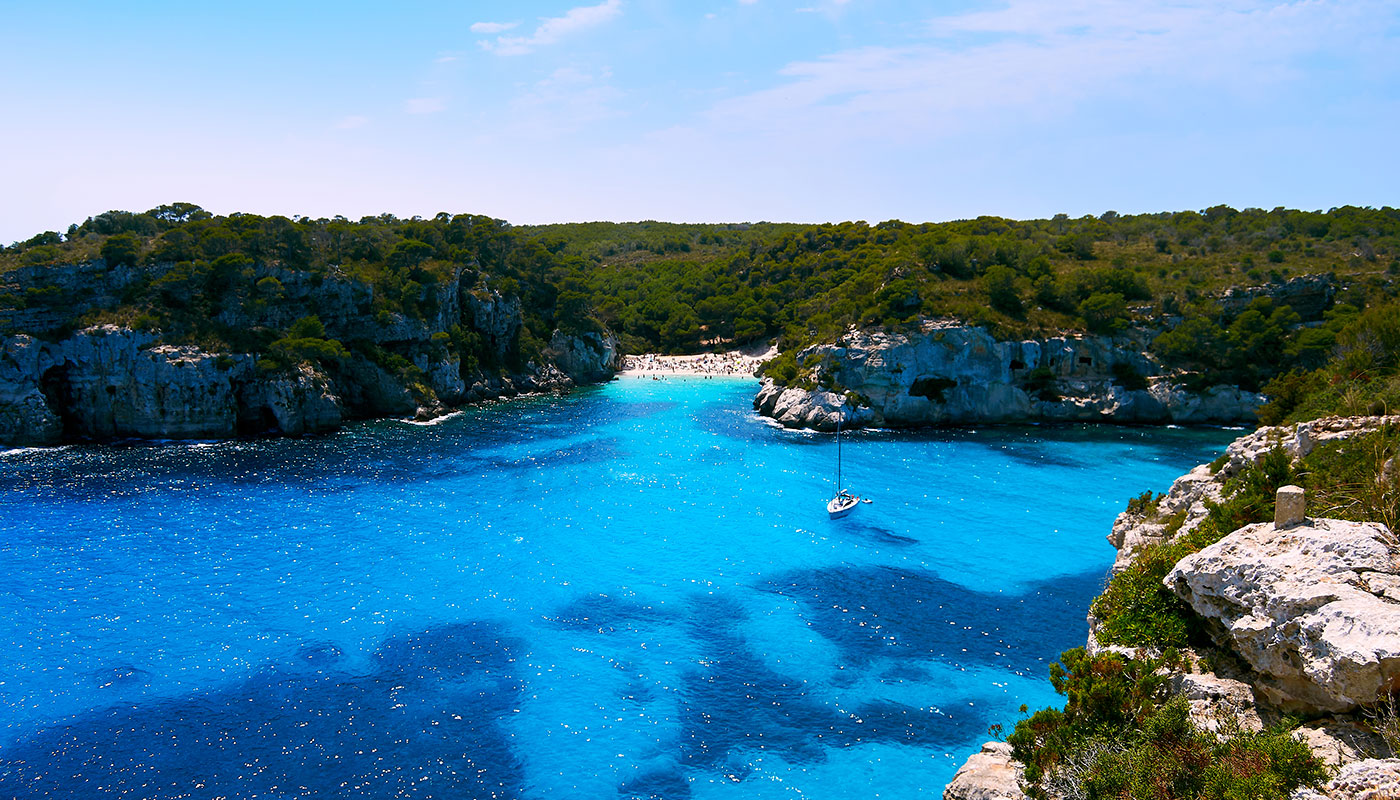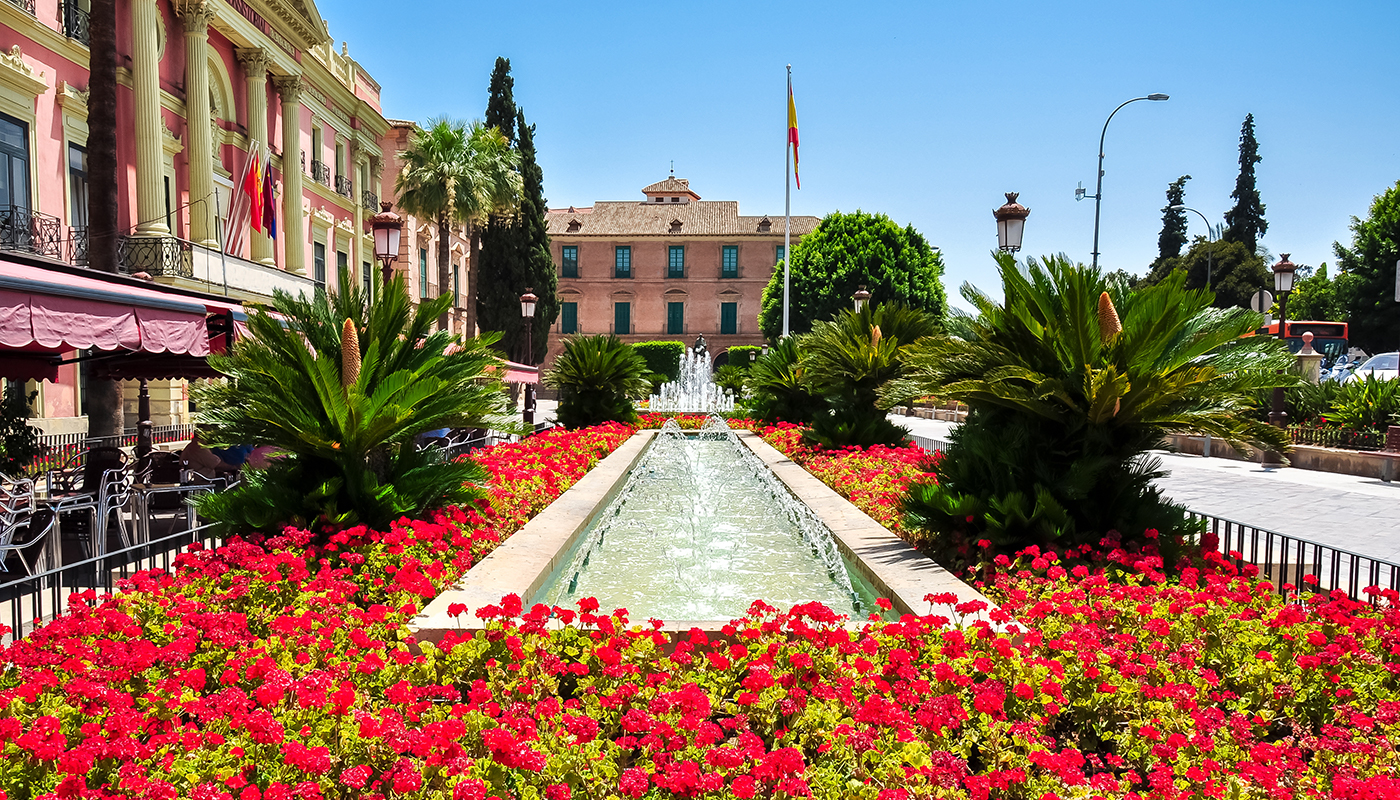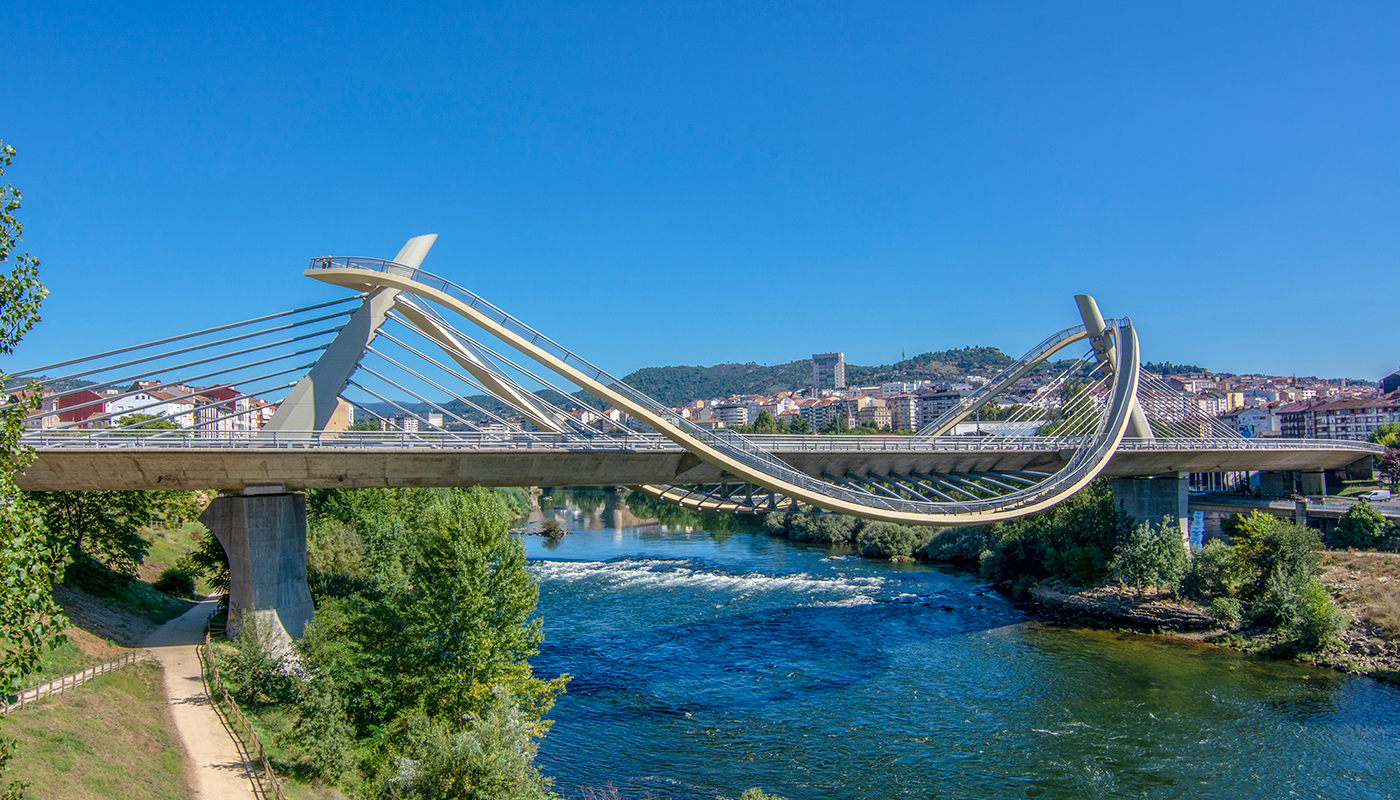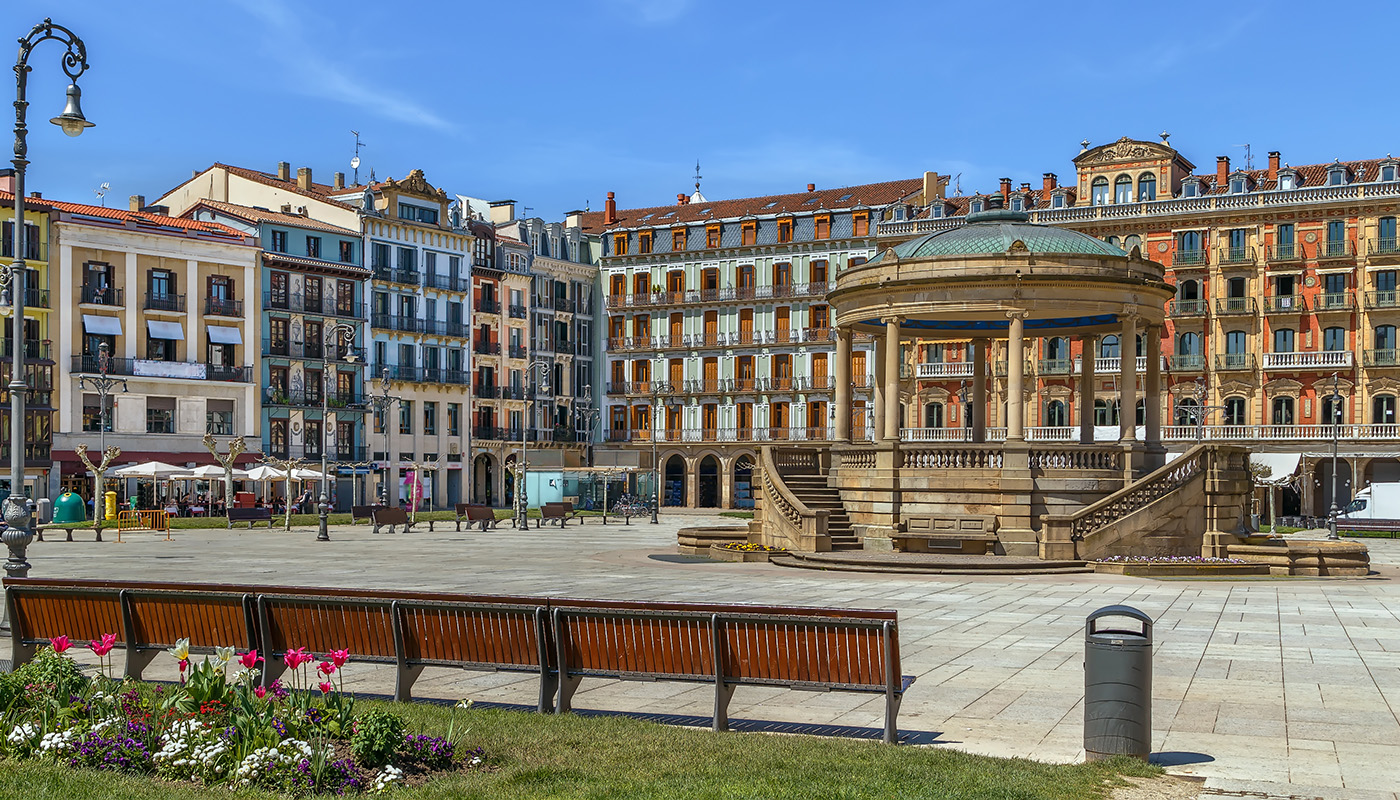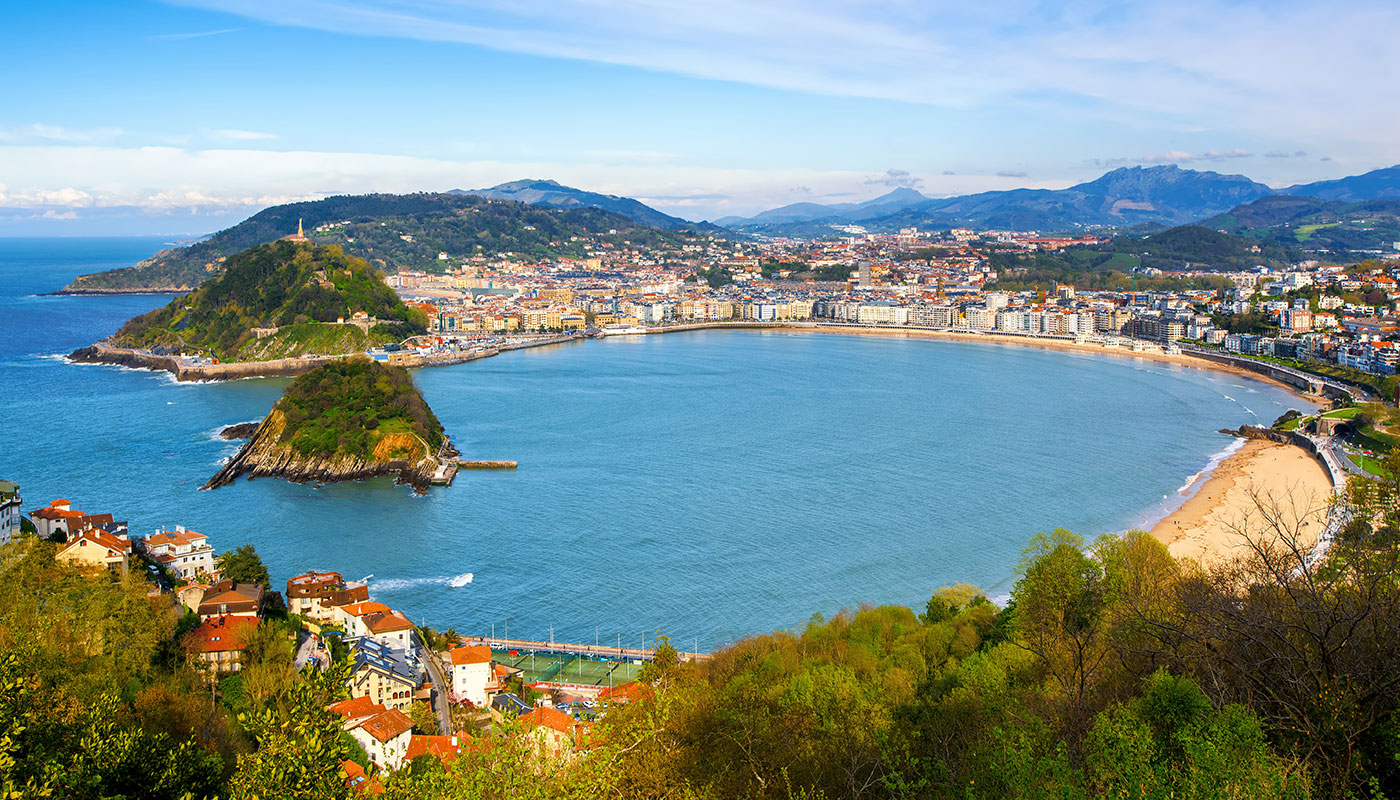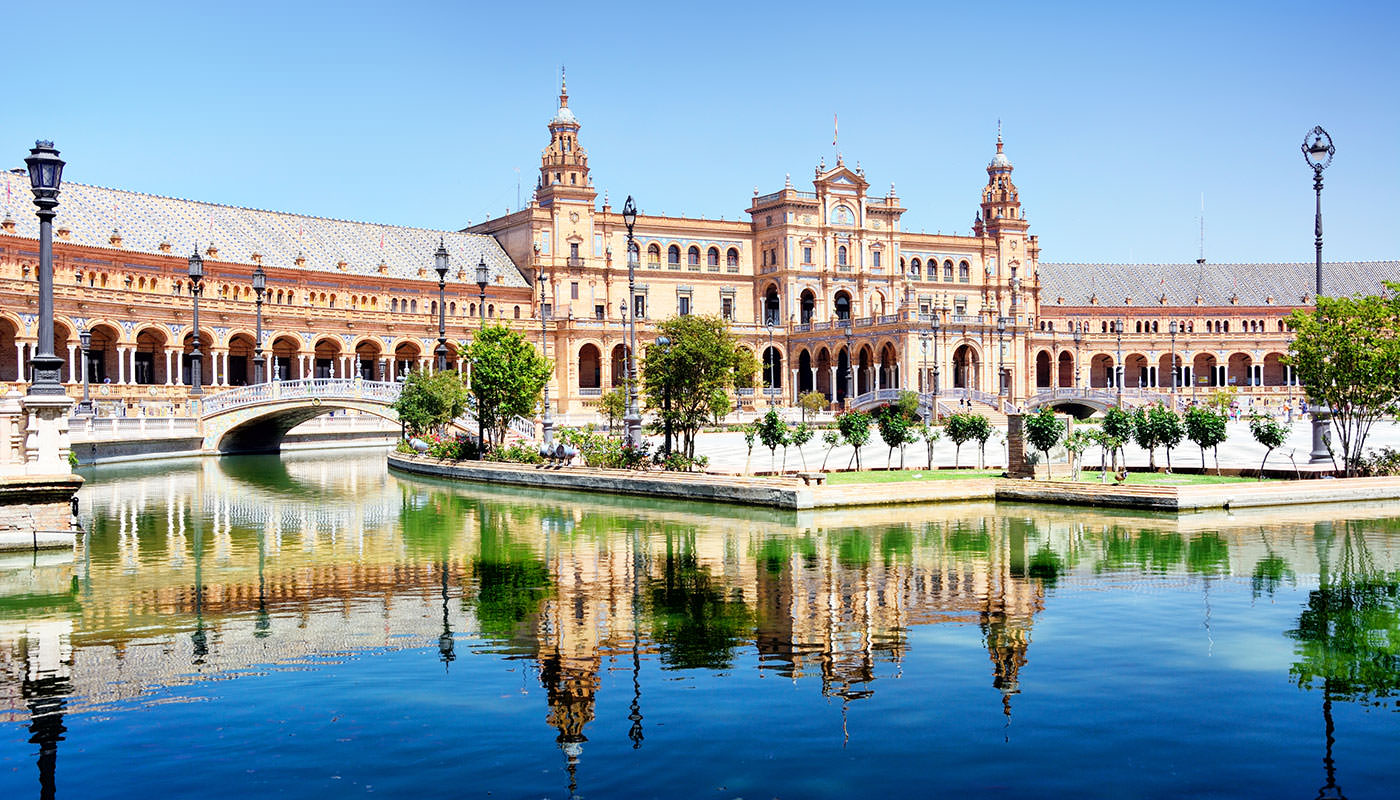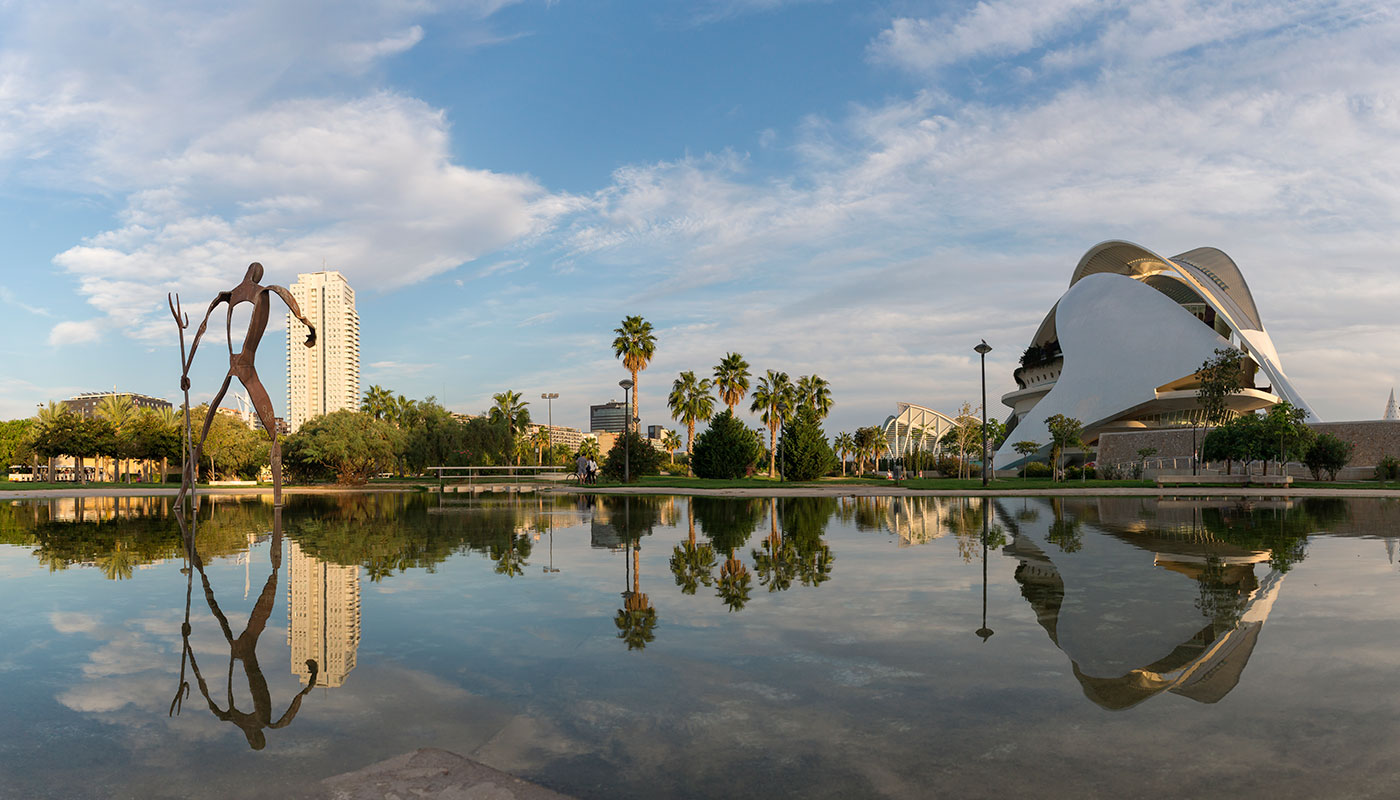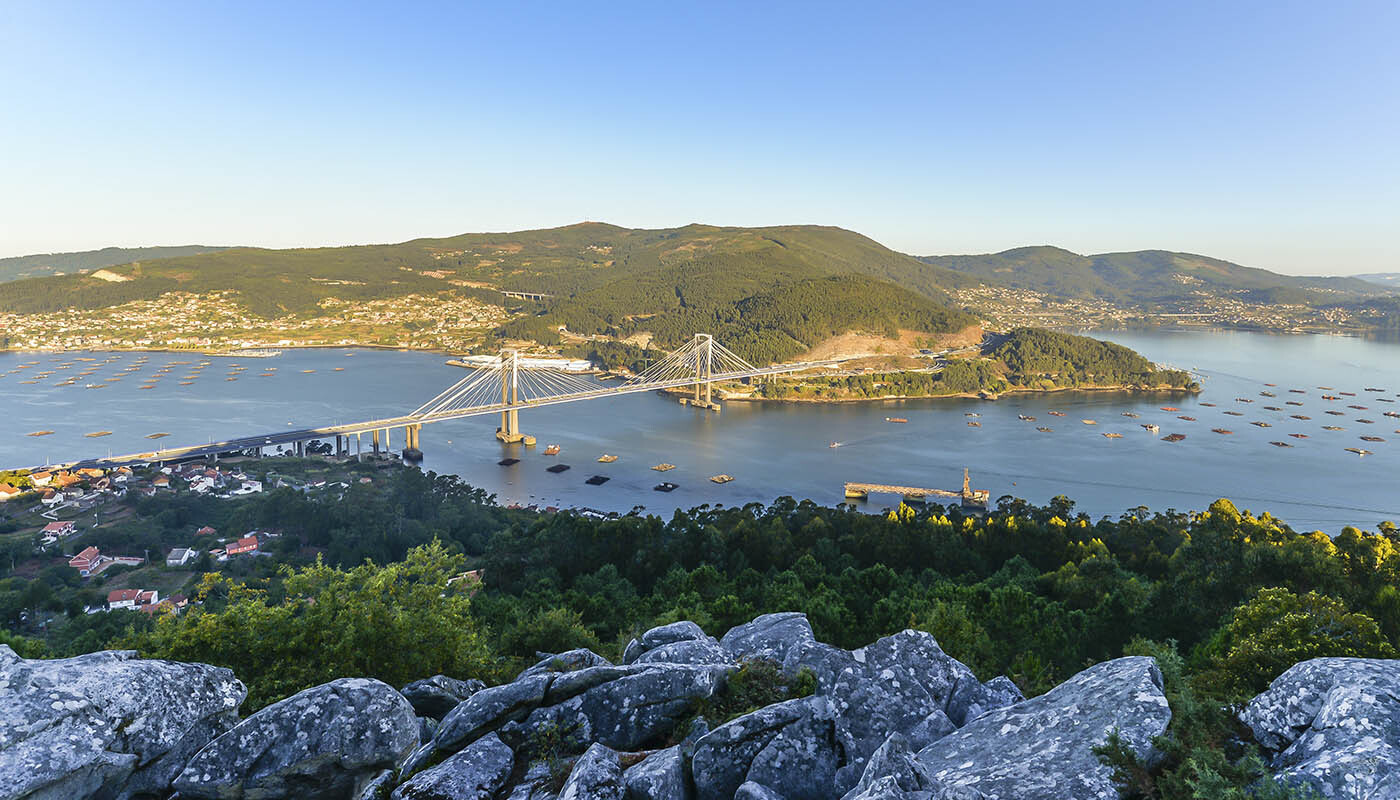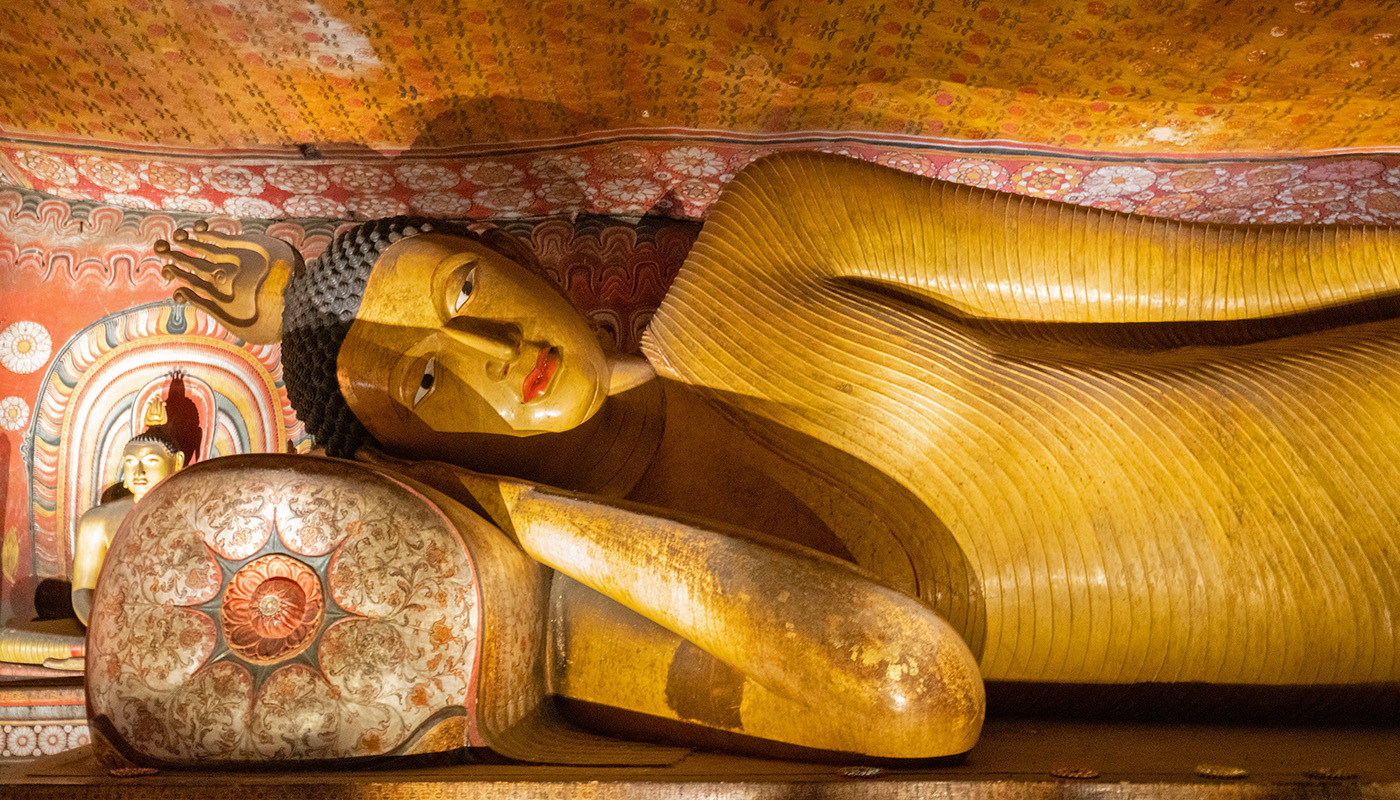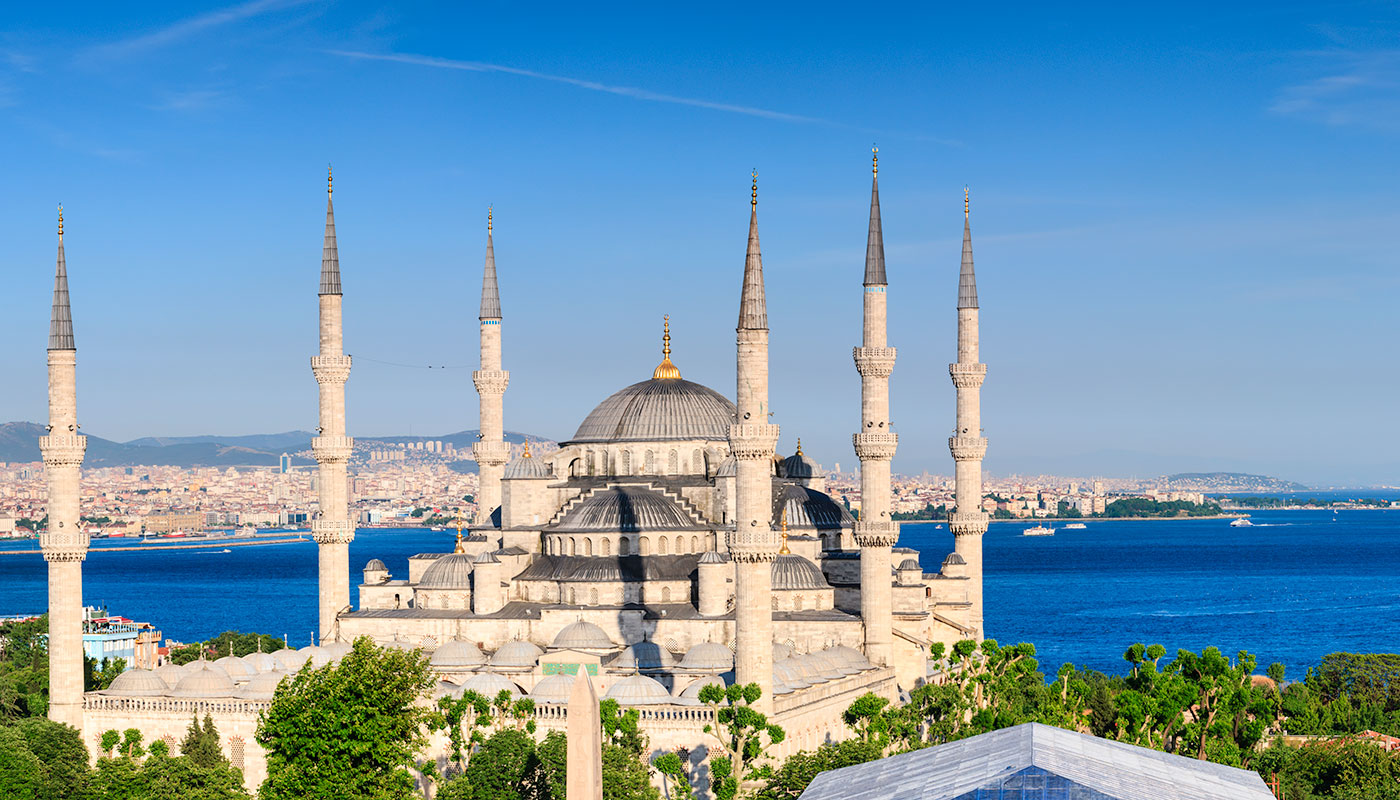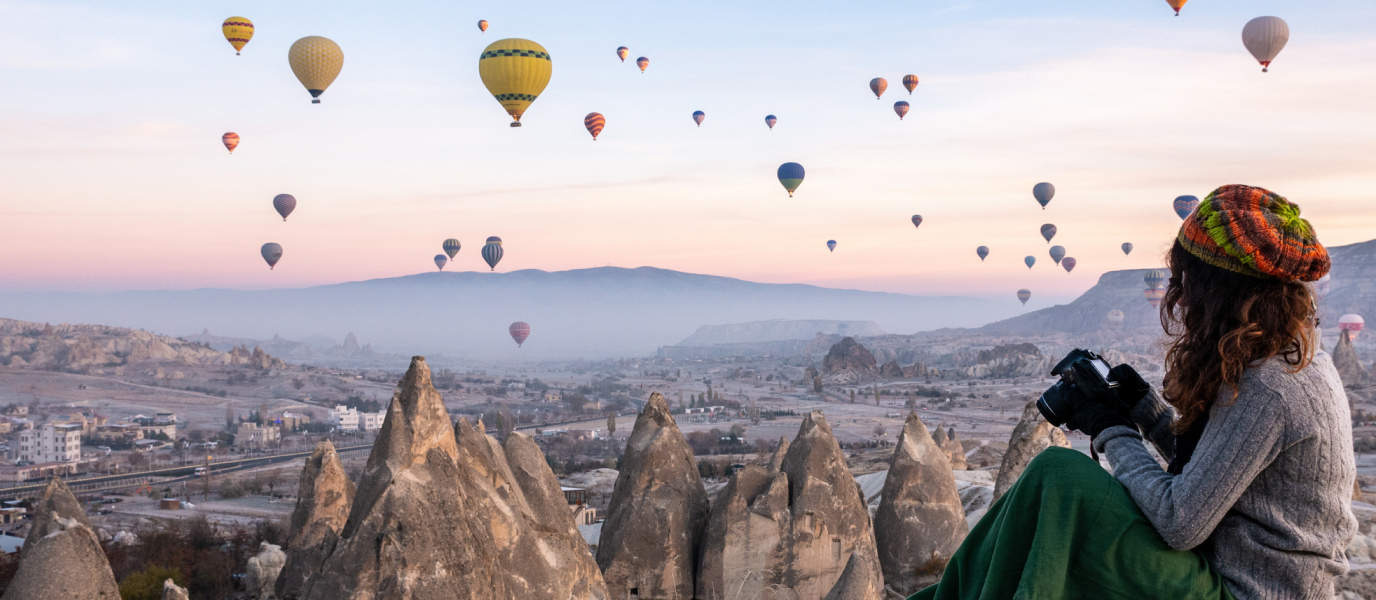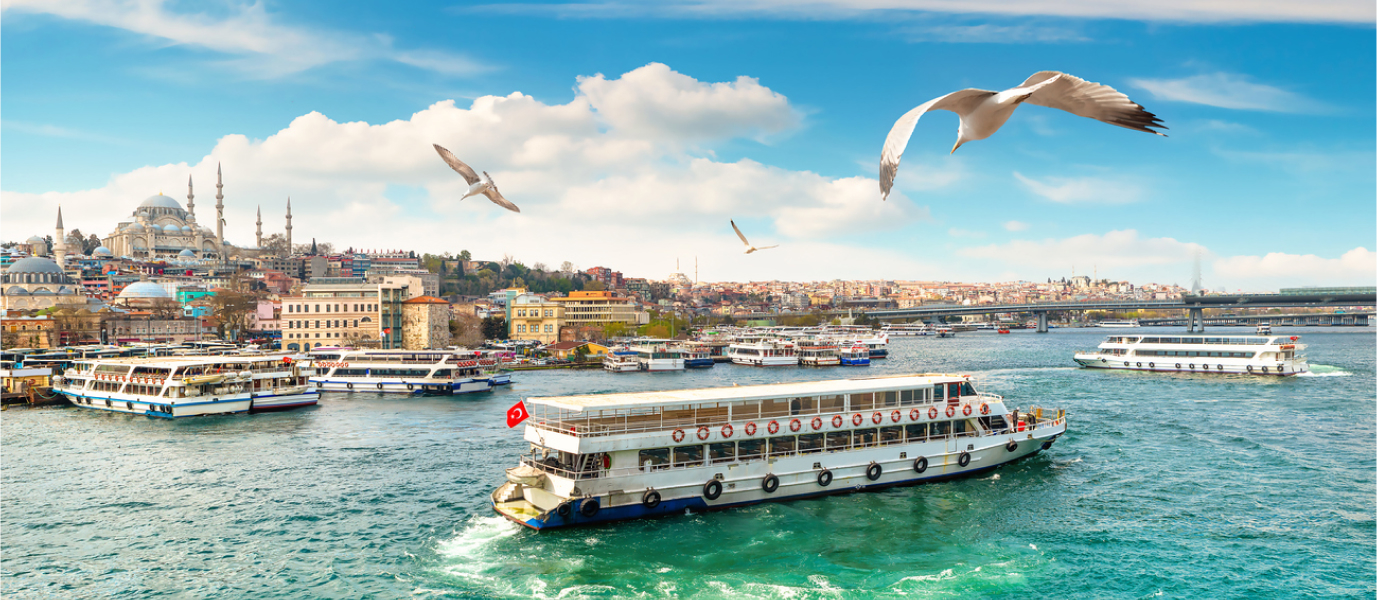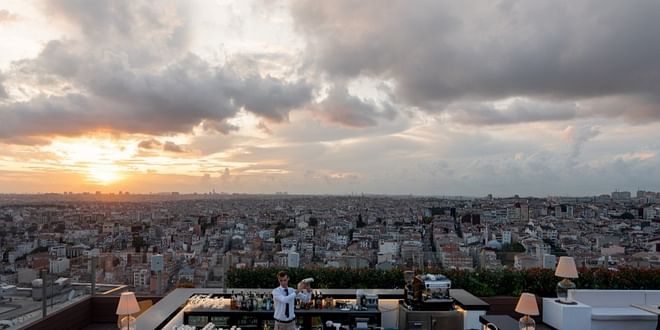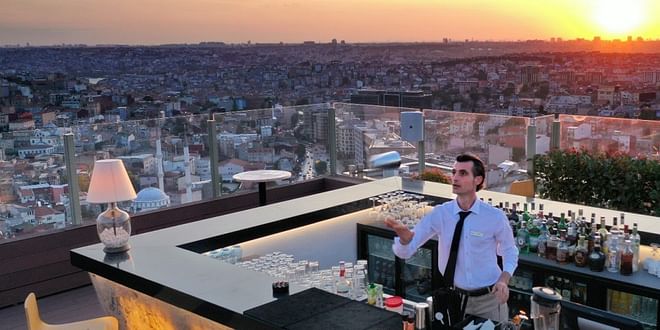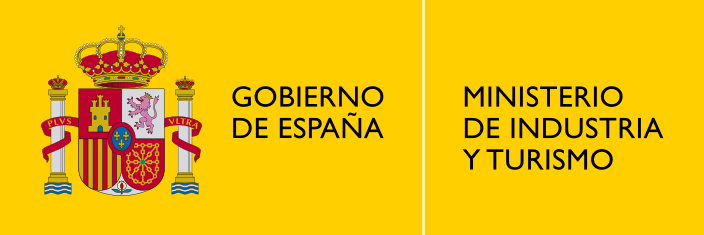Turkey is a country of contrasting cultures that divides East from West. It is a land of beauty, magical landscapes and exoticism. Turkey has natural and archaeological marvels in addition to astounding architecture and a rich culture that draw visitors into a world that is reminiscent of ‘Thousand and One Nights’. In order to ensure that your trip is as safe and enjoyable as possible, there are a few things that you need to keep in mind. If you prepare well in advance, when you get there you can sit back, relax and enjoy the monuments and breathtaking views.
Travel requirements for Turkey
The first thing you need to do before your book a holiday in Turkey is ensure that you have valid travel documents. British Citizens will need a full British Citizen passport that should be valid for at least six months from the date of arrival in Turkey and have a full blank page for entry and exit stamps. British Citizens travelling to Turkey for tourist and business purposes can travel without a visa for visits of up to ninety days in any 180-day period. Detailed and updated information is available on the www.gov.uk webpage.
What you need to know about Istanbul
Istanbul is the most popular city for international visitors to Turkey. Its appeal lies in its exoticism, the culture, the markets and the wonderful cuisine. It is the most visited city in the country. Find out a little bit more about Istanbul (link: What to see in Istanbul) so that you’ve got all the practical information that you need when you arrive in the city.
Turkish is the country’s official language but visitors can also get by if they speak English. Istanbul has long been a tourist destination and the locals tend to be very open and happy to make an effort to accommodate visitors. Nonetheless, it’s not a bad idea to learn a few basic phrases or words in Turkish so that you can be polite and respectful when interacting with the locals. Thank you (‘tesekkürler’), please (‘lütfen’) and good morning (‘günaydın’) are just a few of the words that you can learn and use.
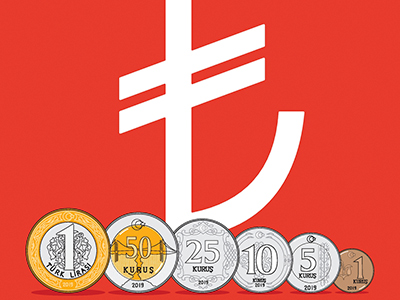
The currency in Turkey is the Turkish Lira. There are 1, 5, 10, 20, 50, 100 and 200 Lira notes and 1 Lira and 50, 25, 10, 5 and 1 kurus coins. Euros and dollars are also commonly accepted but the exchange rate doesn’t always make this a very attractive alternative. Keep in mind that Turkey is in the Eastern European Time Zone, two hours ahead of Greenwich Mean Time.
The population of Turkey is seventy-six million people and the population of Istanbul is around fifteen million people. Istanbul is probably the most cosmopolitan and European city in Turkey. It is much more open than other towns and cities and there are plenty of leisure and cultural entertainment options. Prices tend to be lower than in western European countries. You shouldn’t need to take a great deal of spending money with you in order to have a fun day out shopping in the bazaars, get into the local attractions and eat out. However, do shop around and avoid going to places that are crowded with tourists. Prices tend to be higher there. It’s the best way of avoiding being tricked into paying over the odds.
Although Istanbul (link: What to see in Istanbul) is a large city, it is fairly easy to get around since it is divided up into different neighbourhoods. The Bosphorus is one of the most beautiful spots in the city. The strait divides the city in two (the continental boundary between Europe and Asia) and it connects the Black Sea with the Sea of Marmara. However, Sultanahmet is the old quarter and the most visited neighbourhood in the city. It also has the most tourist attractions. Galata and its namesake, the Galata Tower (link: The Galata Tower); the modern and busy Taksim (link: Taksim) neighbourhood; and the sunsets in Ortakoy on the European side of the Bosphorus are also other great places to visit.
Things to keep in mind when you’re in Istanbul
Safety
Turkey and Istanbul are safe places to visit. However, you do need to have your wits about you and keep a close eye on your belongings, just like you would in any other big city. It’s also a good idea to be discreet and avoid leaving expensive items on show, to respect local customs and to avoid places or events where there are large crowds. On the whole, Turkey is a safe country for visitors.
Transport in Istanbul
The best way of getting to know Turkey is on foot. However, it is a large city so you may need to use local transport from time to time. Public transport in Istanbul is good. You can use the metro, tram, boats (if you’re planning on taking a boat trip down the Bosphorus (link: Bosphorus cruise), the bus, the cable car (between the highest and lowest points in the city) and the underground funicular. Prices are reasonable but if you’re going to spend a few days in Istanbul, you can make a saving by buying the Istanbulkart travel pass. It is valid for all public transport options in the city.
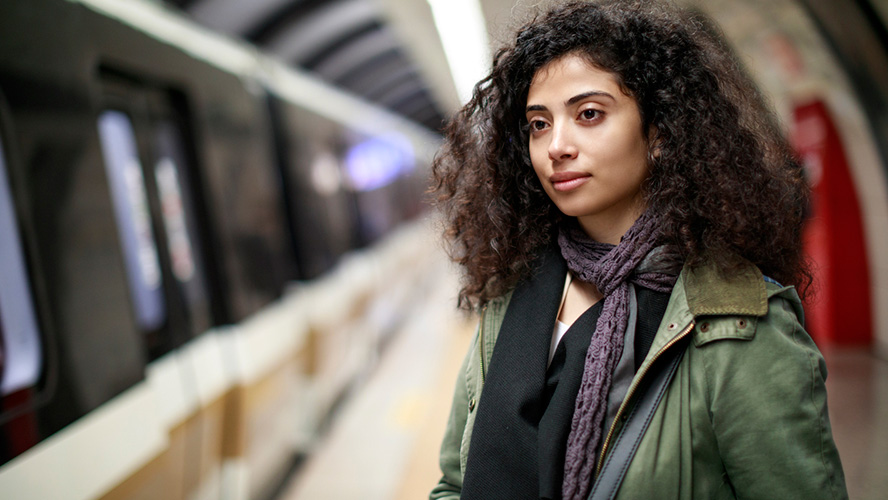
Healthcare in Turkey
The healthcare system in Turkey is relatively efficient. You don’t need to have any vaccines before you travel but you should keep a close eye on what you eat in order to avoid food poisoning. Always drink bottled water, wash fruit and vegetables and be particularly careful when eating raw food. Should you need medical assistance, go to any public health centre or hospital but remember that most people will need to have taken out suitable health insurance in order to be seen.
Opening hours
Restaurants generally serve lunch between 12.30 p.m. and 2.30 p.m. and dinner between 7.30 p.m. and 10 p.m. Shops generally open from 9 a.m. to 1 p.m. and from 1.30 p.m. to 5 p.m.
Shopping in Istanbul
Visitors to Istanbul tend to go wild over shopping in the Grand Bazaar (link: The Grand Bazaar). Remember to be sensible and avoid overloading your suitcase with purchases, particularly if you’re planning to visit other cities, too. Admittedly, it is easy to get carried away and most people end up making numerous purchases and many of the usual items – mats, ceramics, copper, costume jewellery, jewellery, oriental textiles, leather goods, bags and clothes – are well worth it. Don’t forget that bartering is standard practice in Turkey! And do keep in mind that if you do end up doing a lot of shopping, you’ll have to declare your goods when you leave.
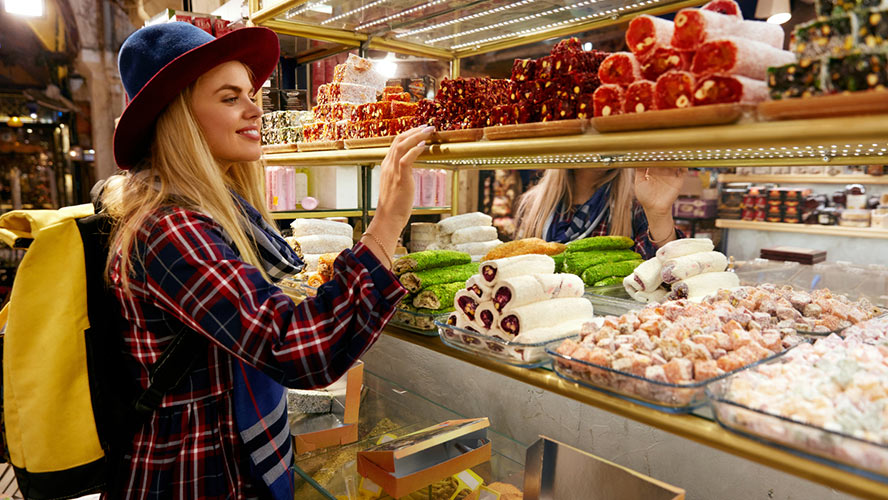
How many days do you need to see Istanbul?
You’ll need at least three days to really get to know Istanbul. If you’ve got a bit more time, then you’ll really be able to delve a bit deeper into each and every spot. However, if you’ve only got a couple of days, then maybe you could go on one of the tours around the city’s most emblematic places. You can also hop on one of the tourist buses or book a tour guide.
In actual fact, the best answer to the question about how many days you need in order to see Turkey is ‘it depends’. On the whole, you can get to know the main cities and tourist destinations in the country on a ten to fifteen-day trip.
What’s the best time of year to travel to Istanbul?
If you’re thinking about when to go to Istanbul, the best time of the year is spring, particularly April and May. Autumn, between September and November, is also a great time of the year. These are the shoulder season months so prices tend to be lower and you’ll also avoid the rainy season and the extreme heat and cold of the summer and winter. Remember to check the weather forecast before you travel so that you can pack accordingly.

